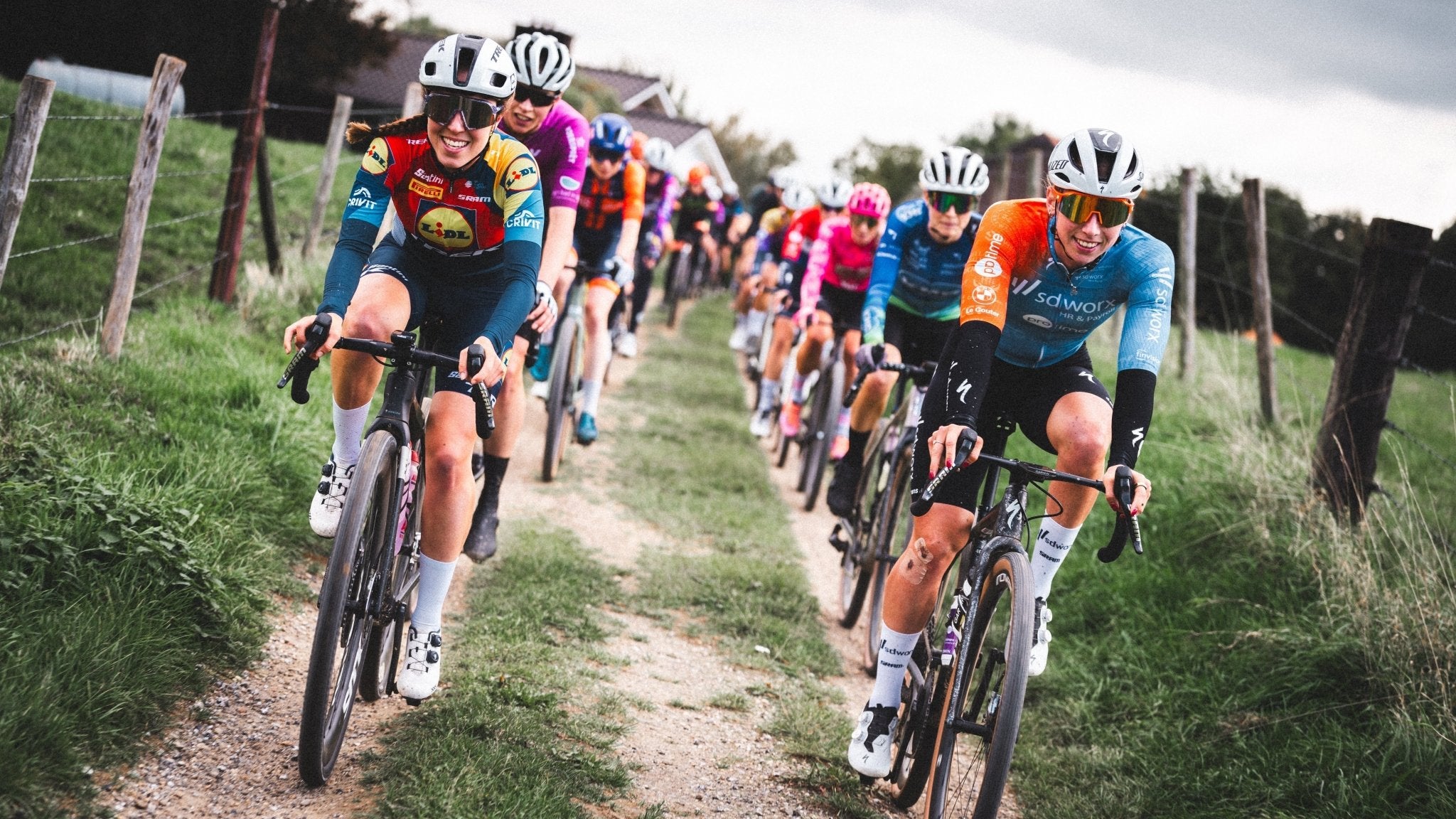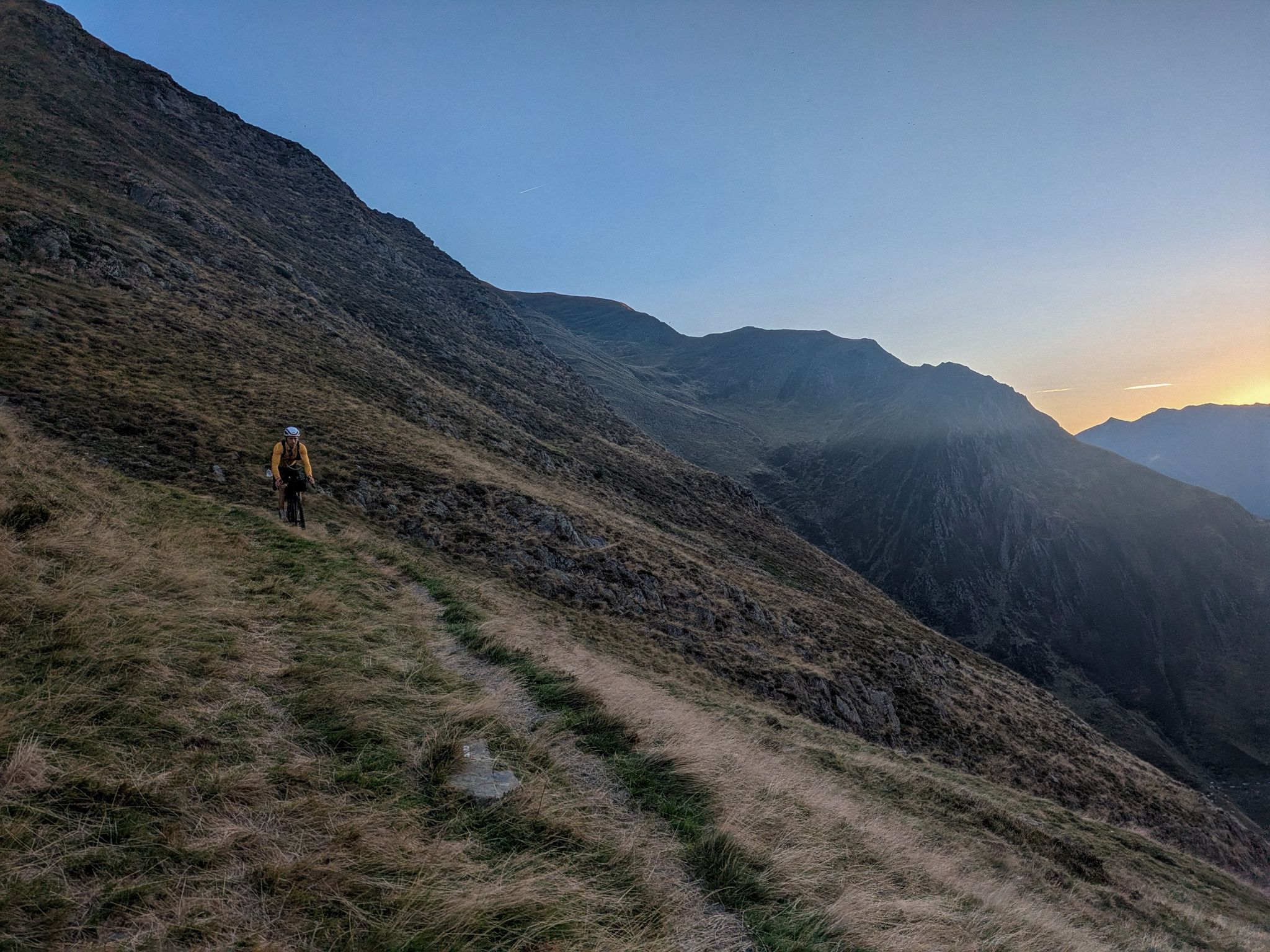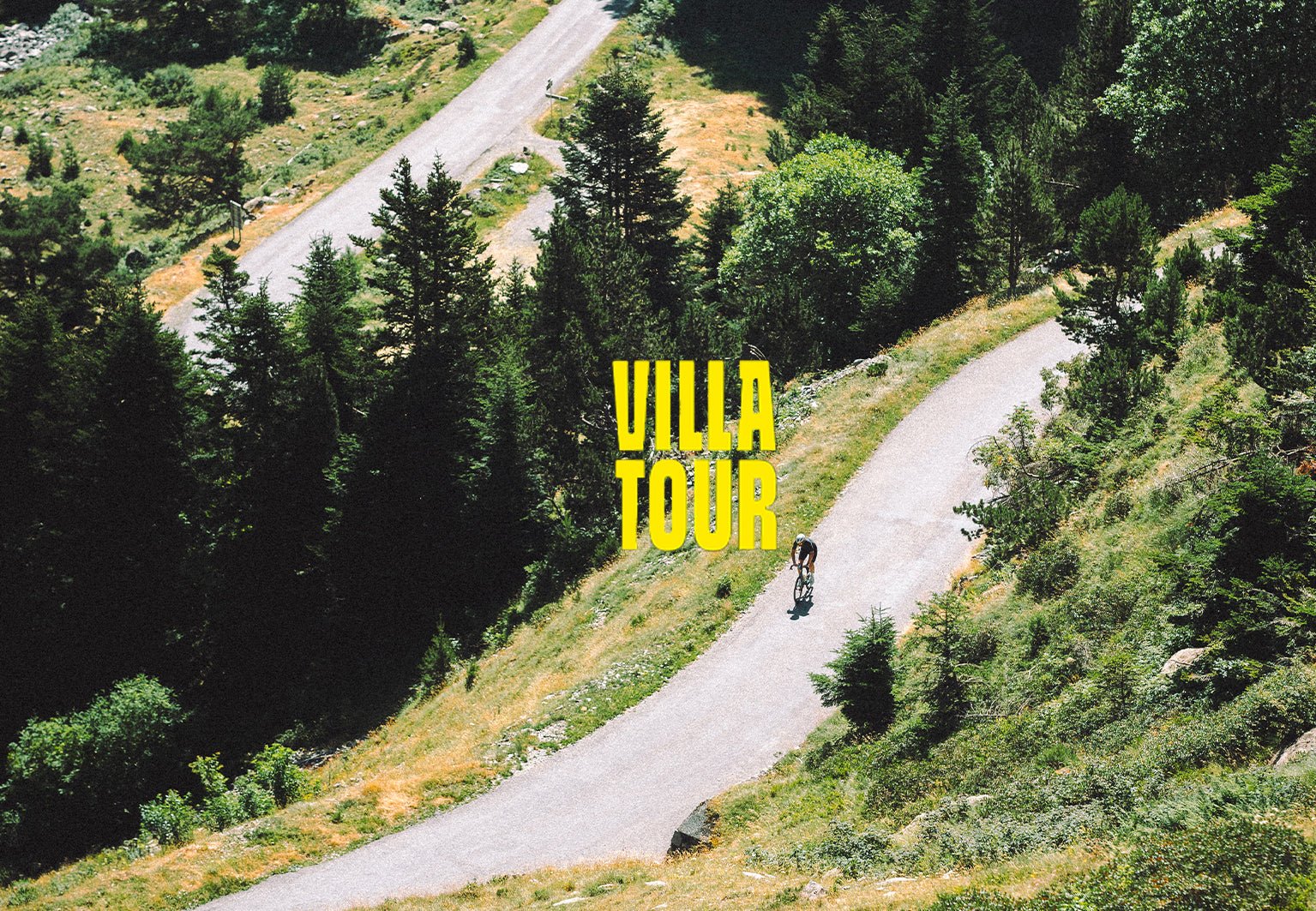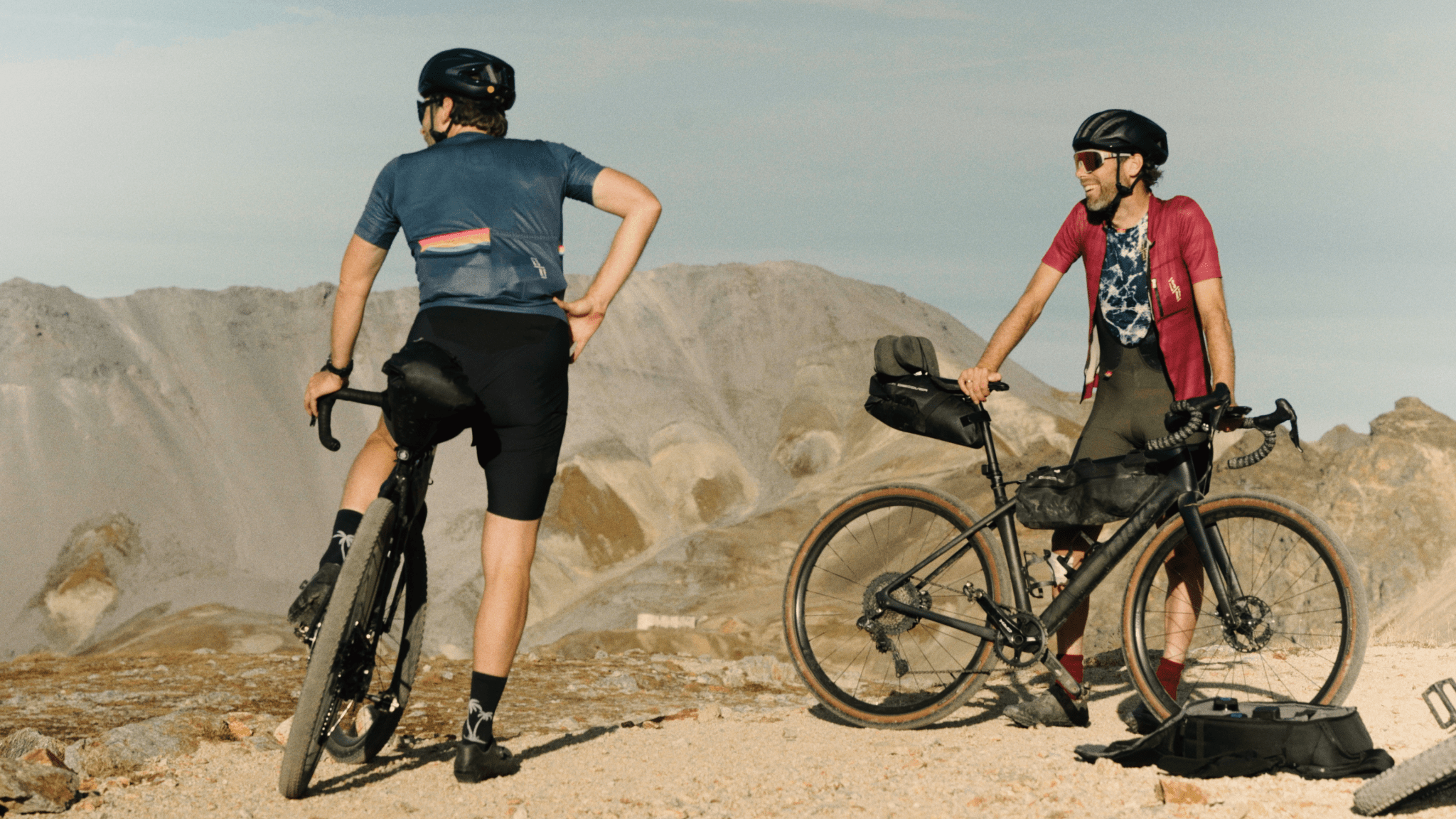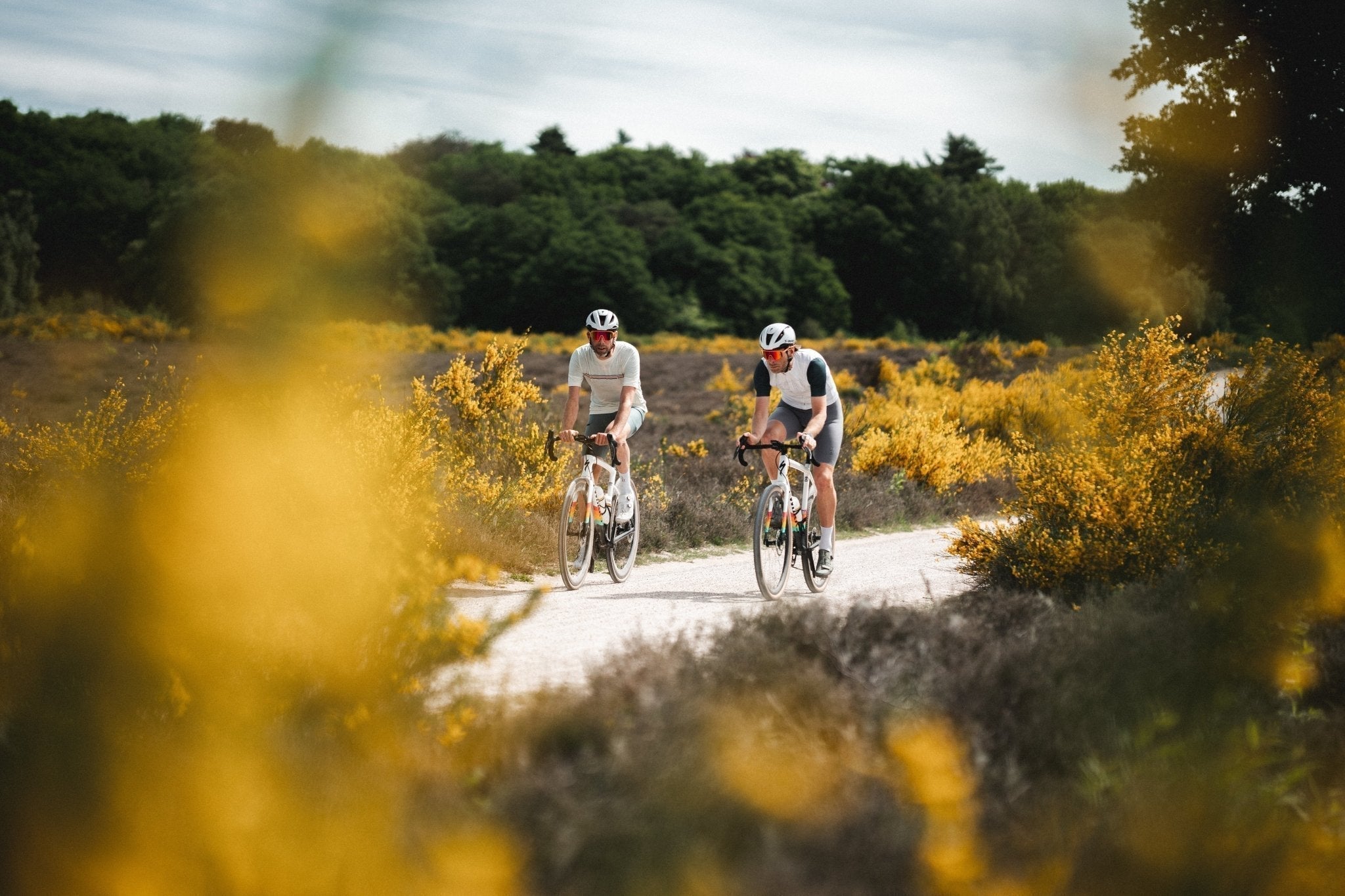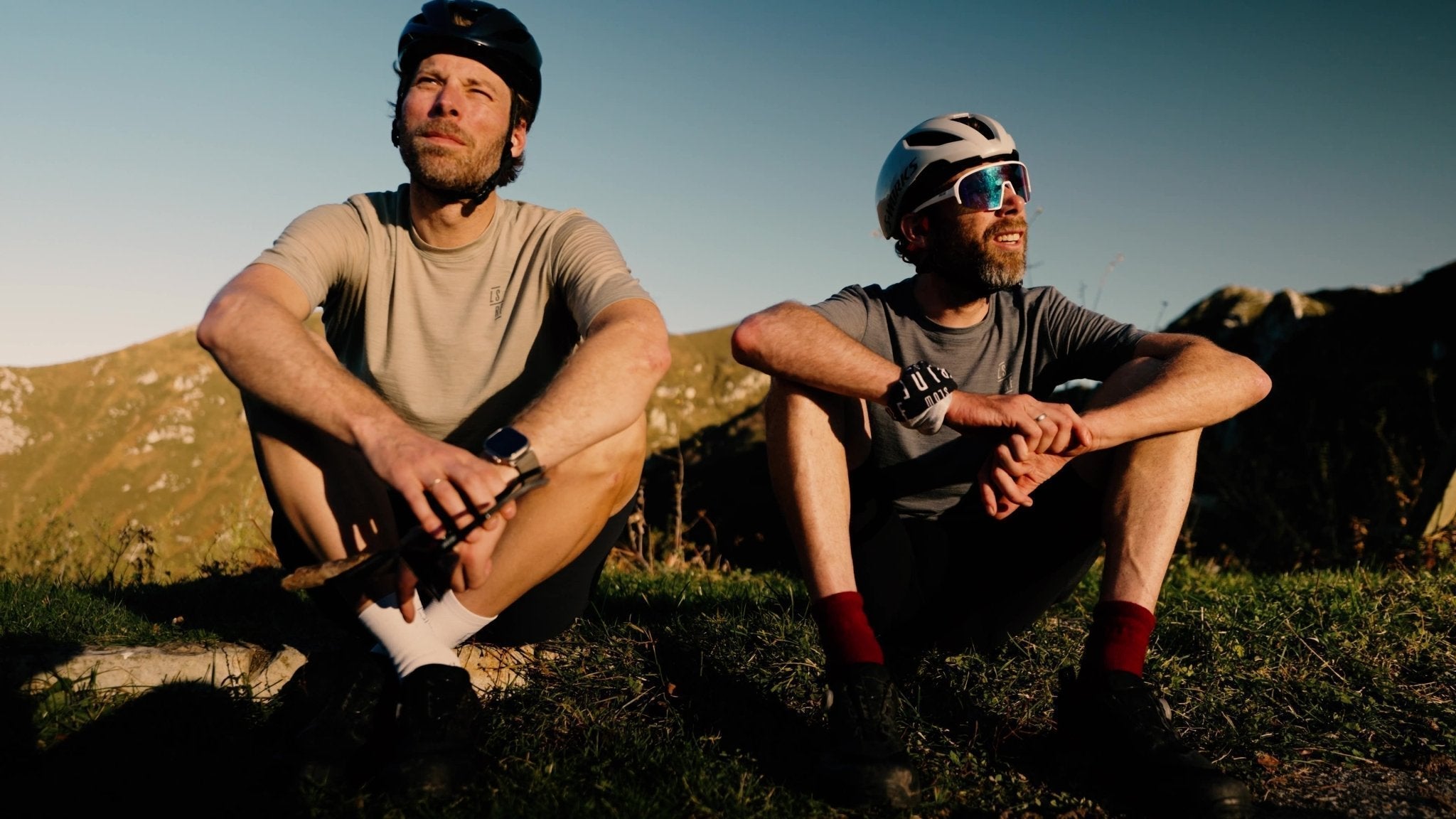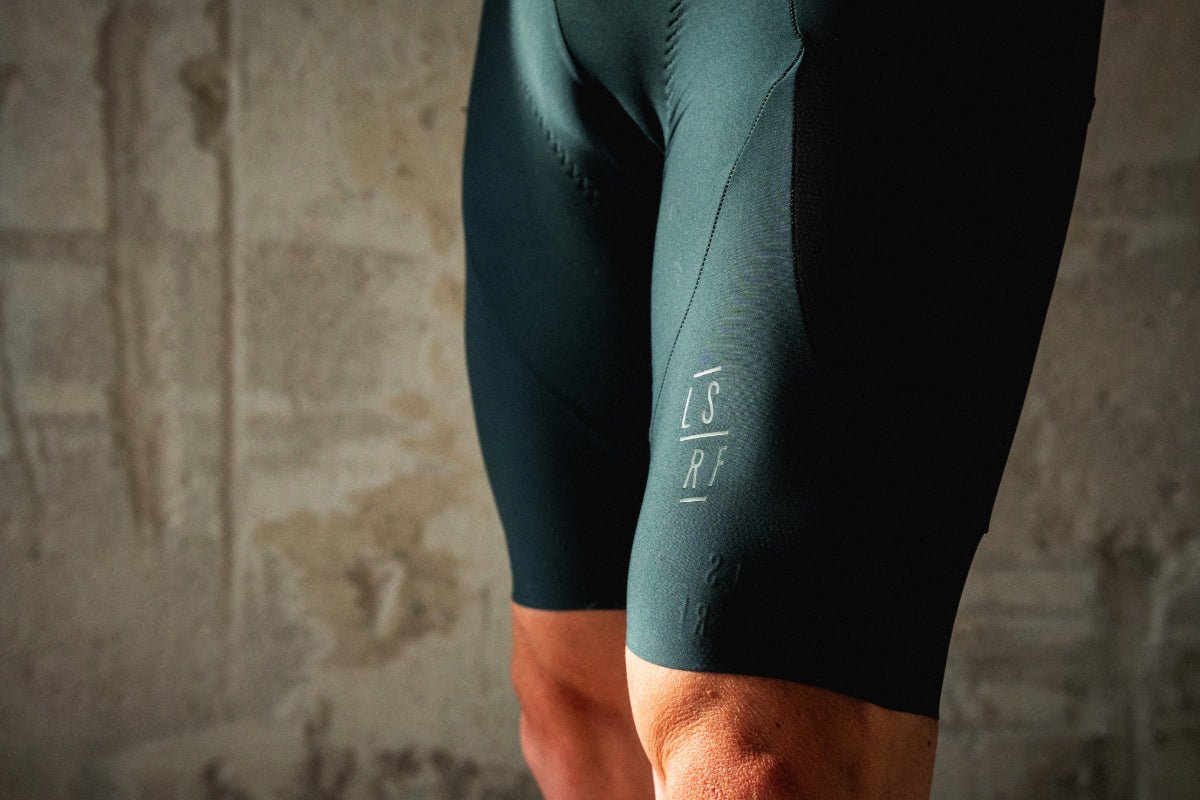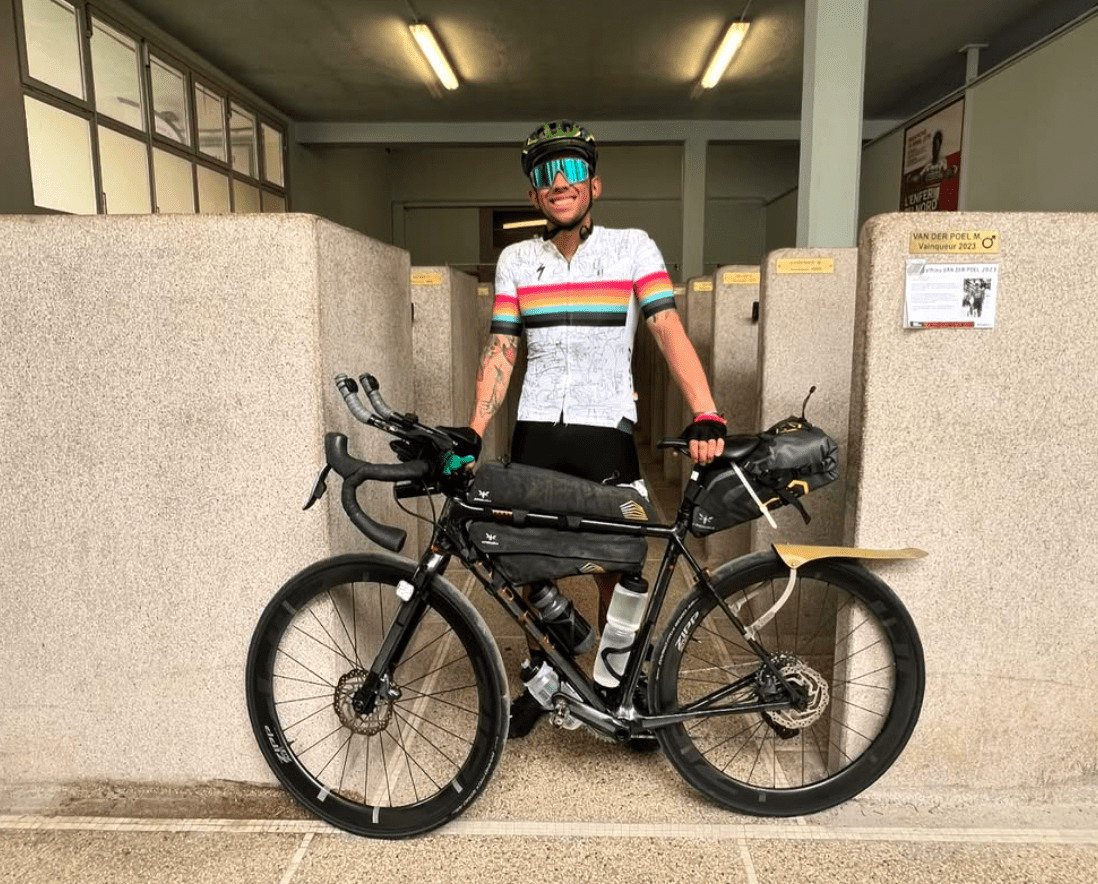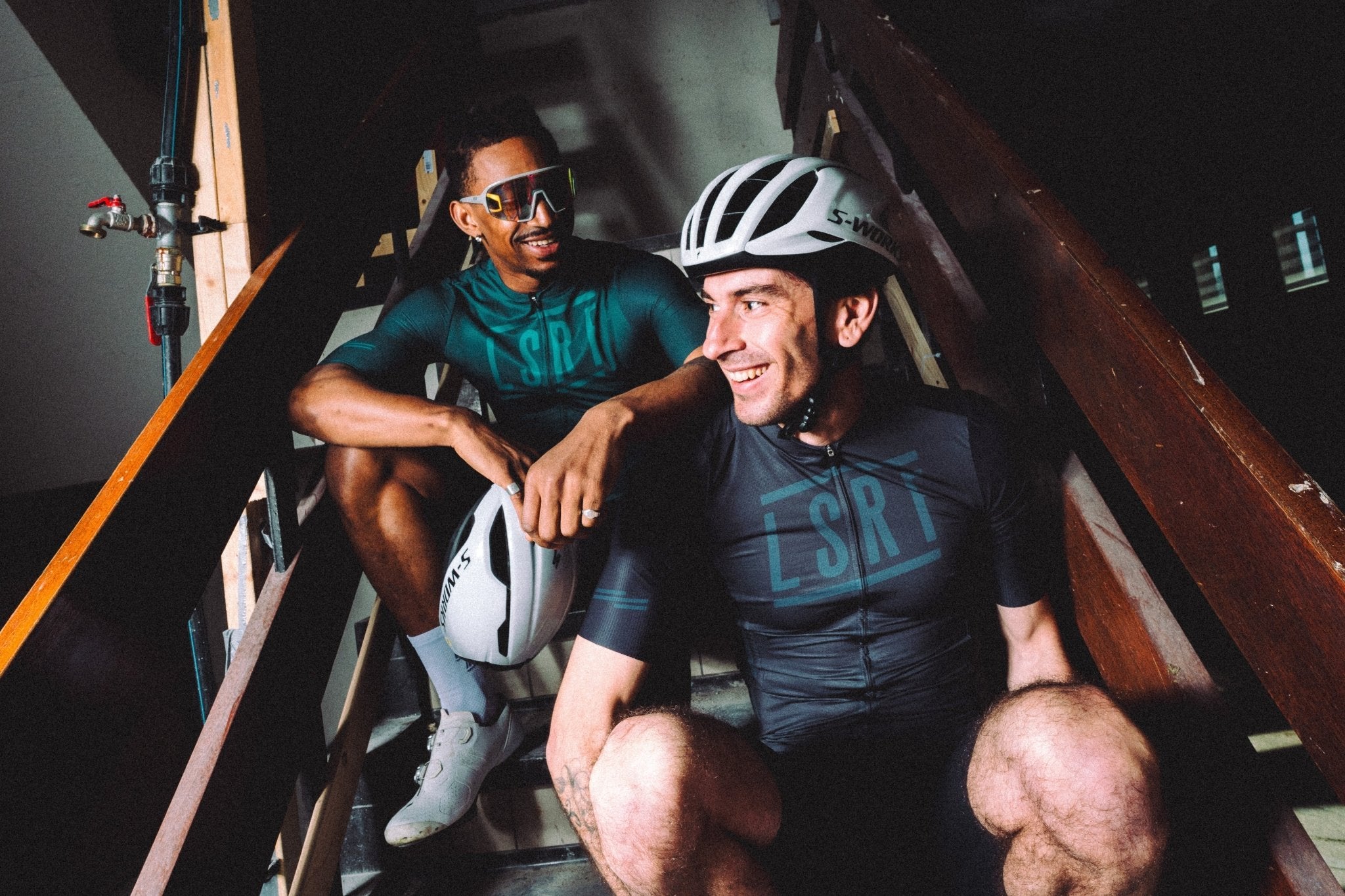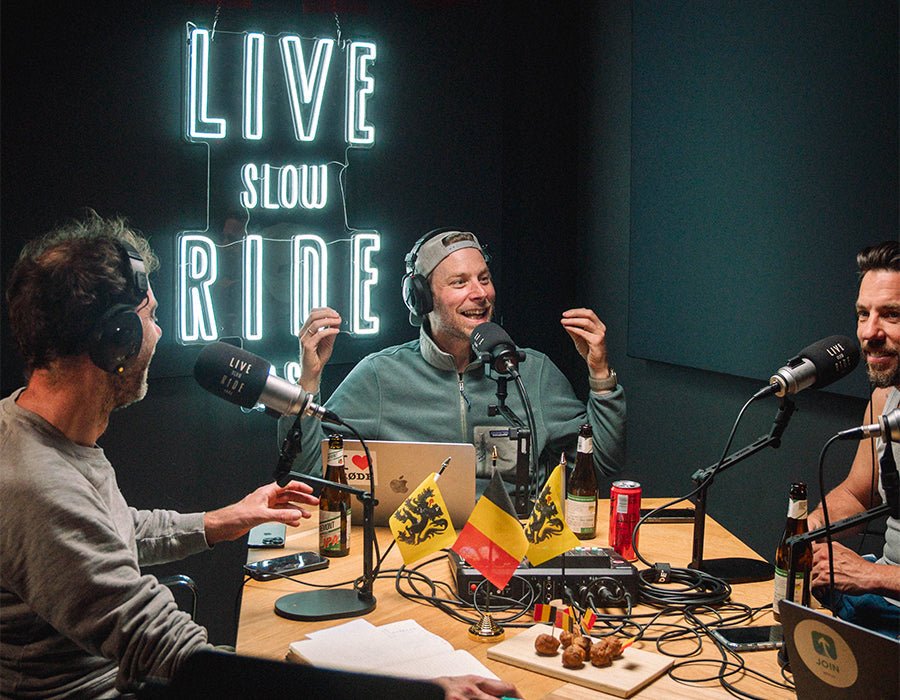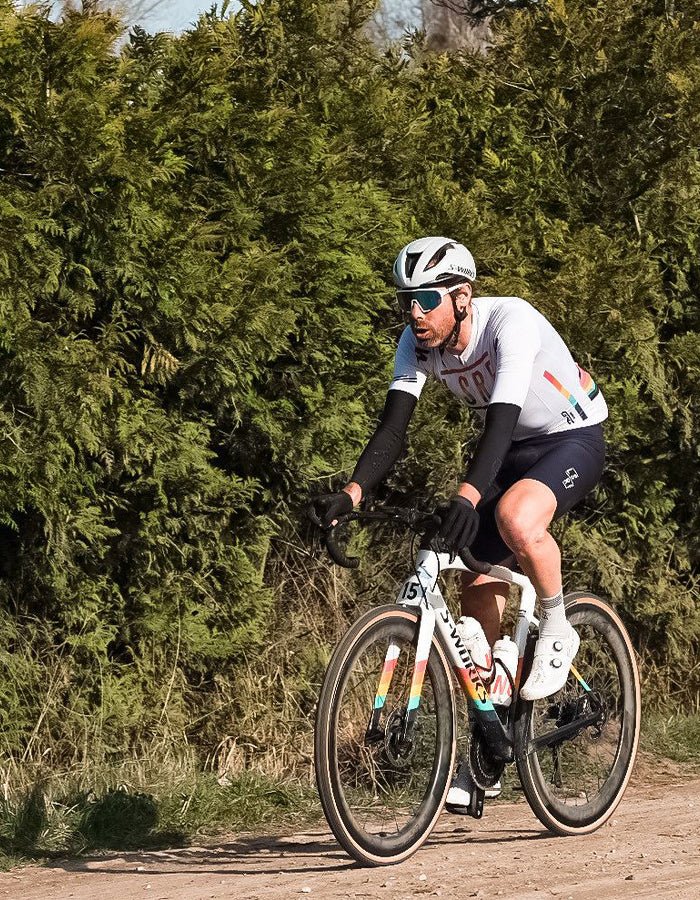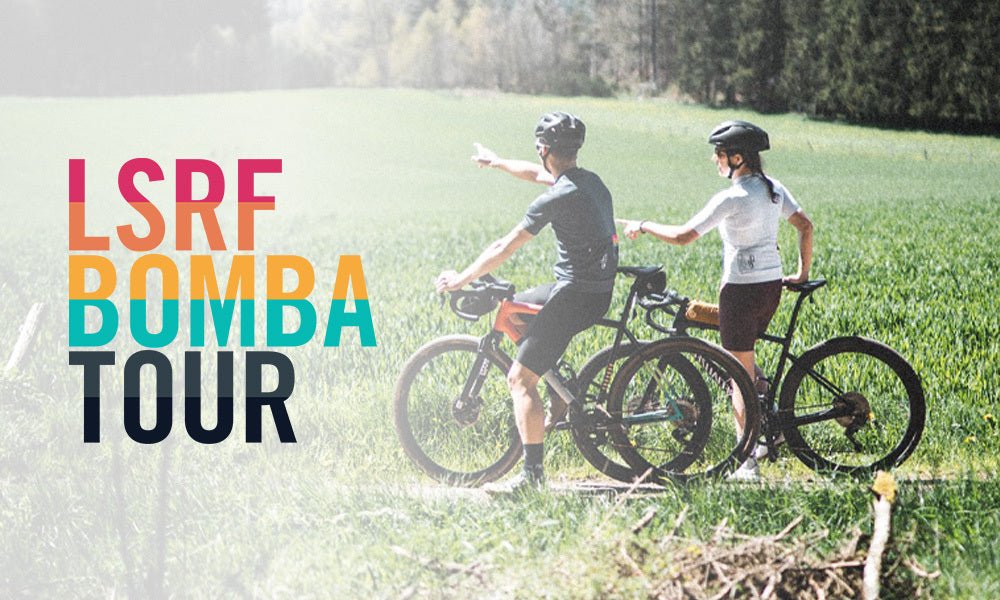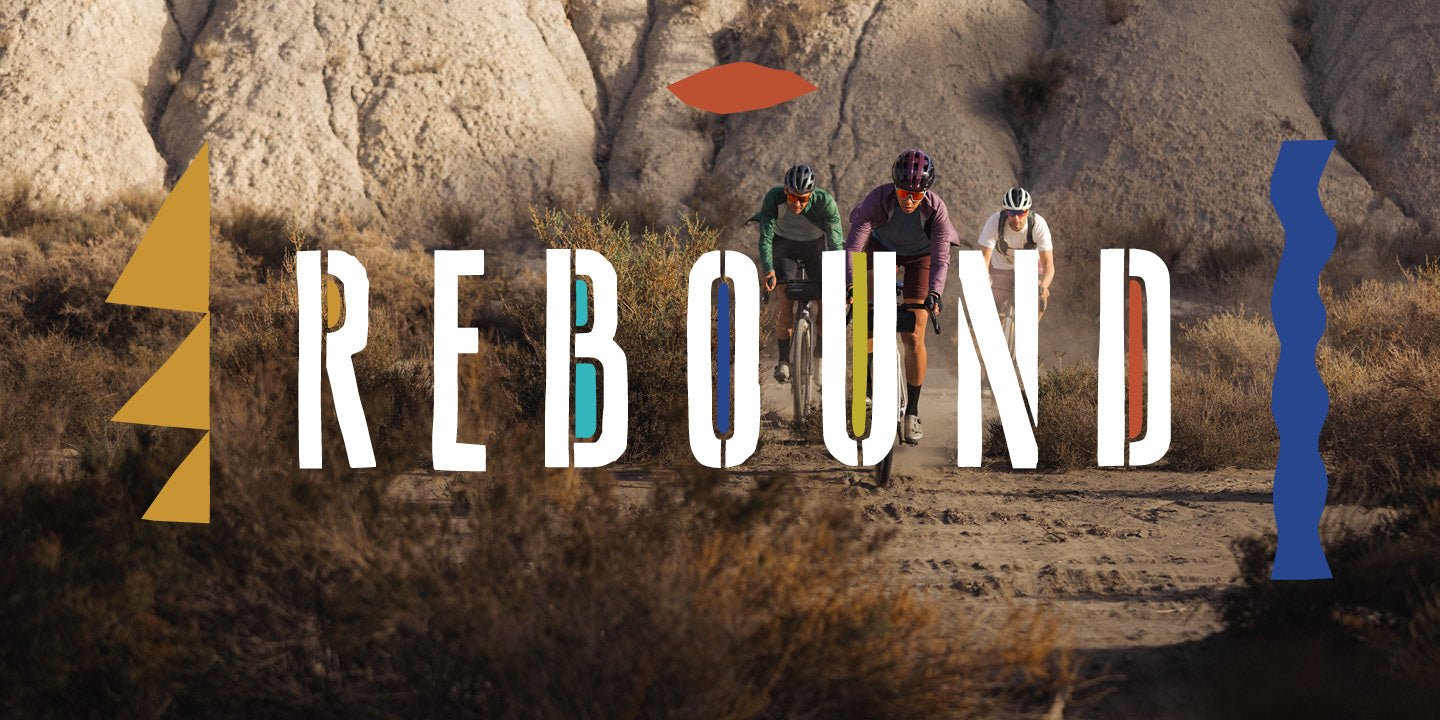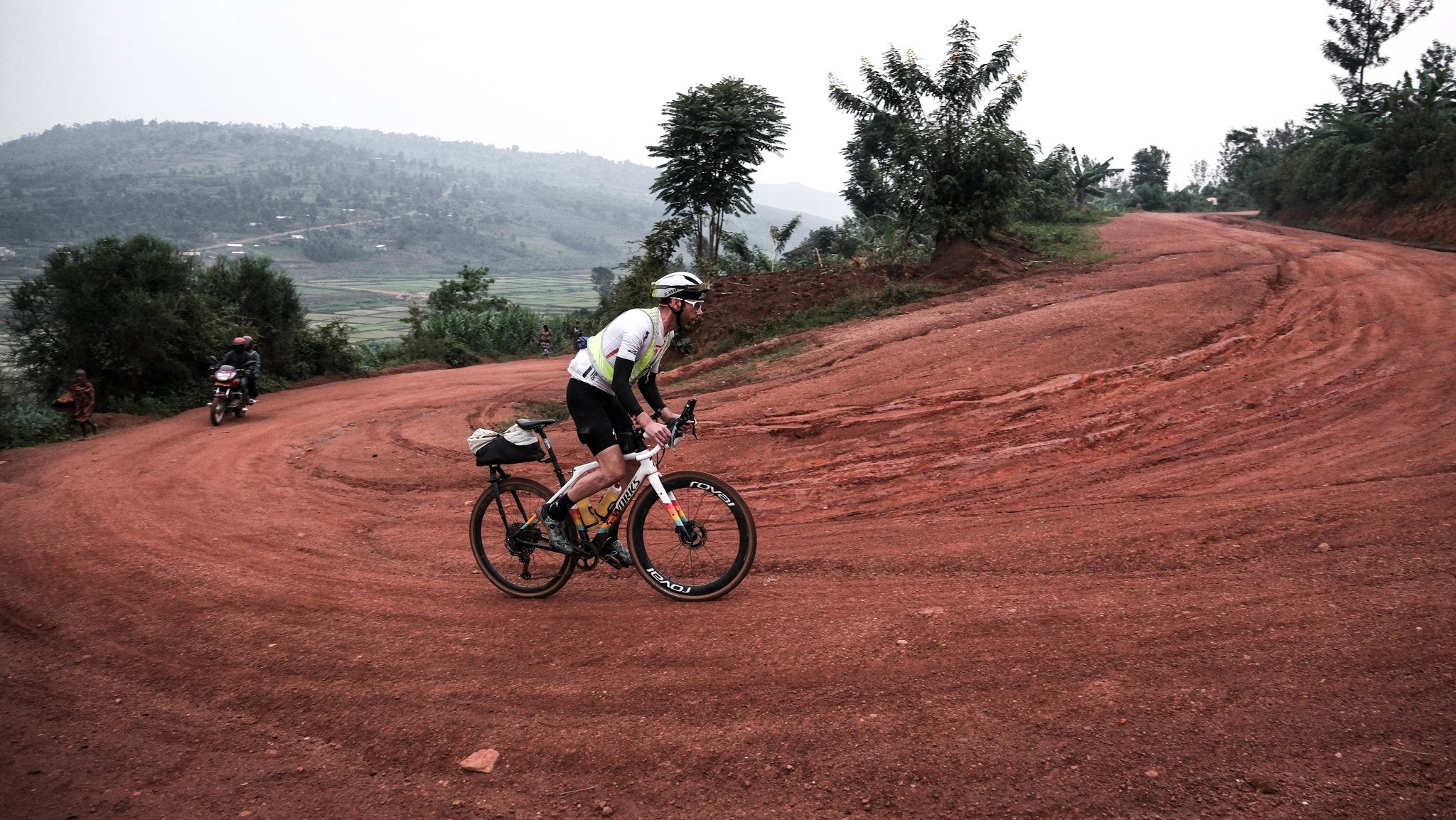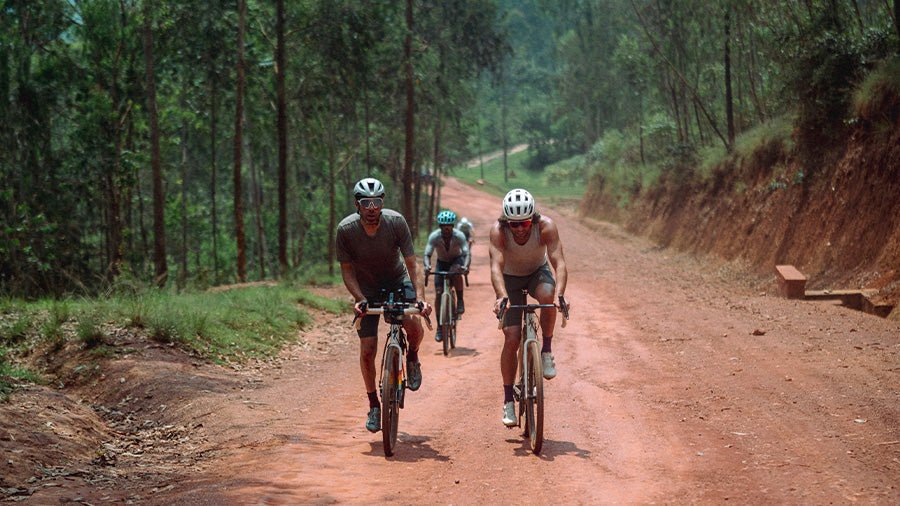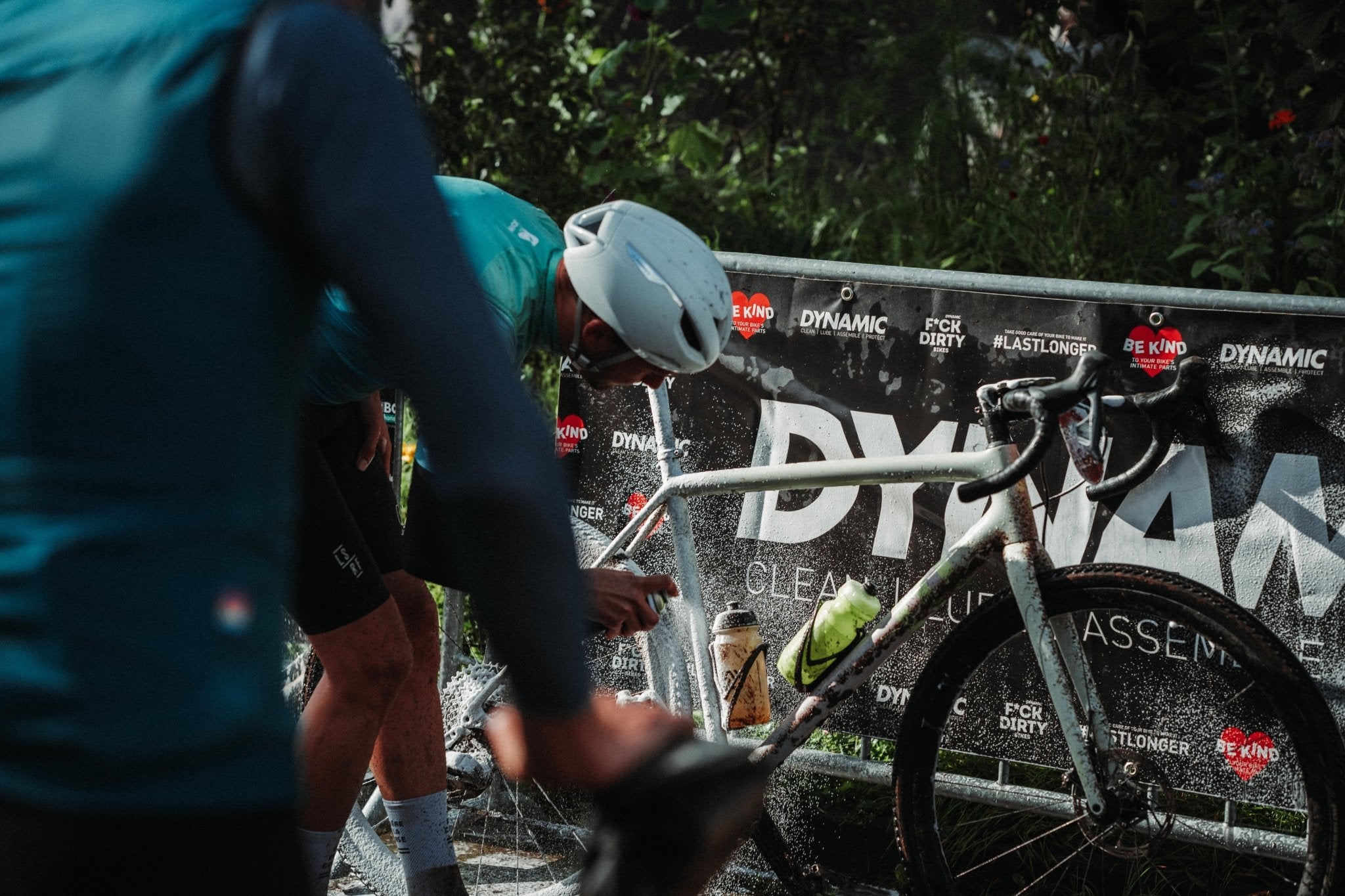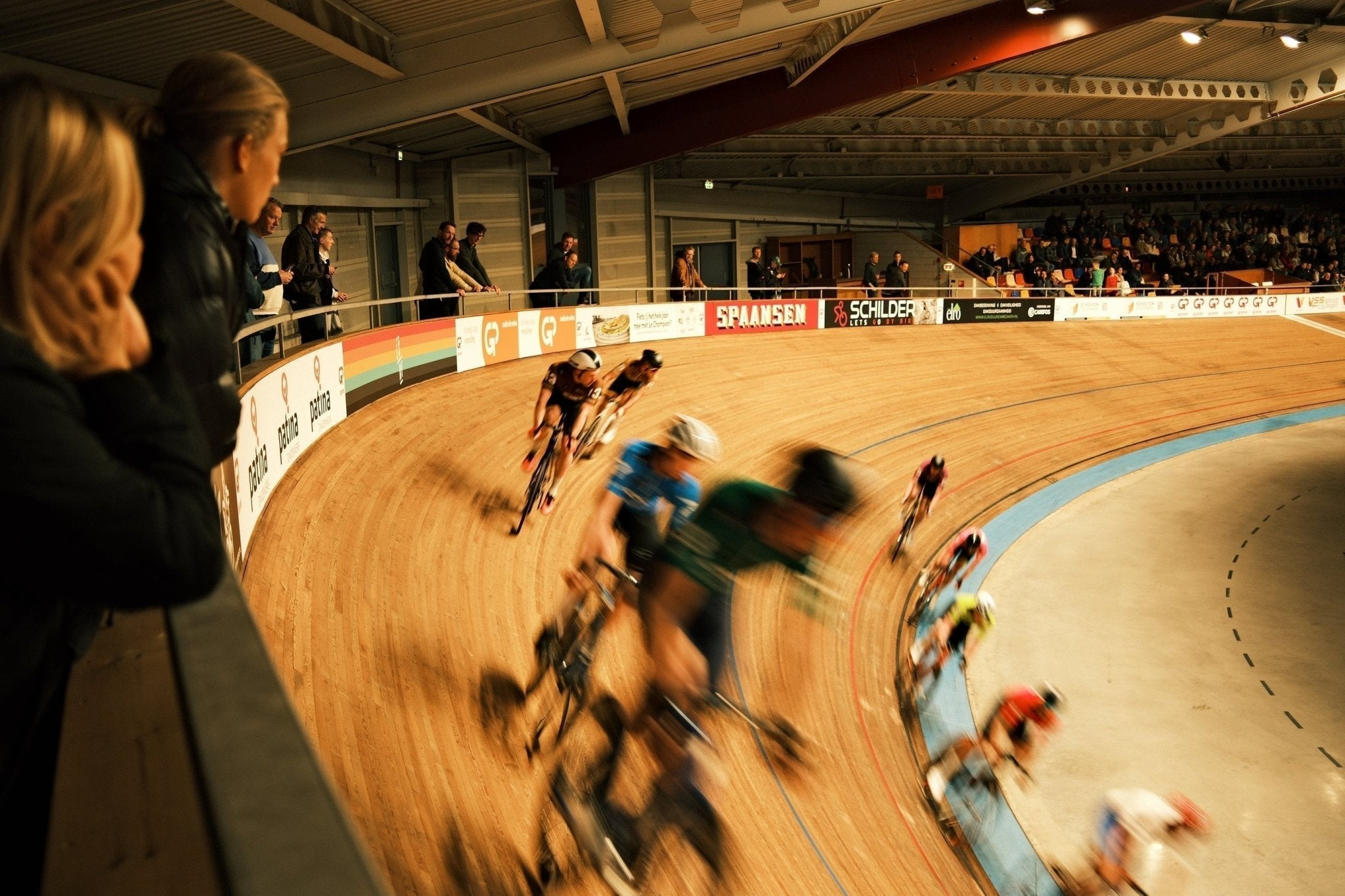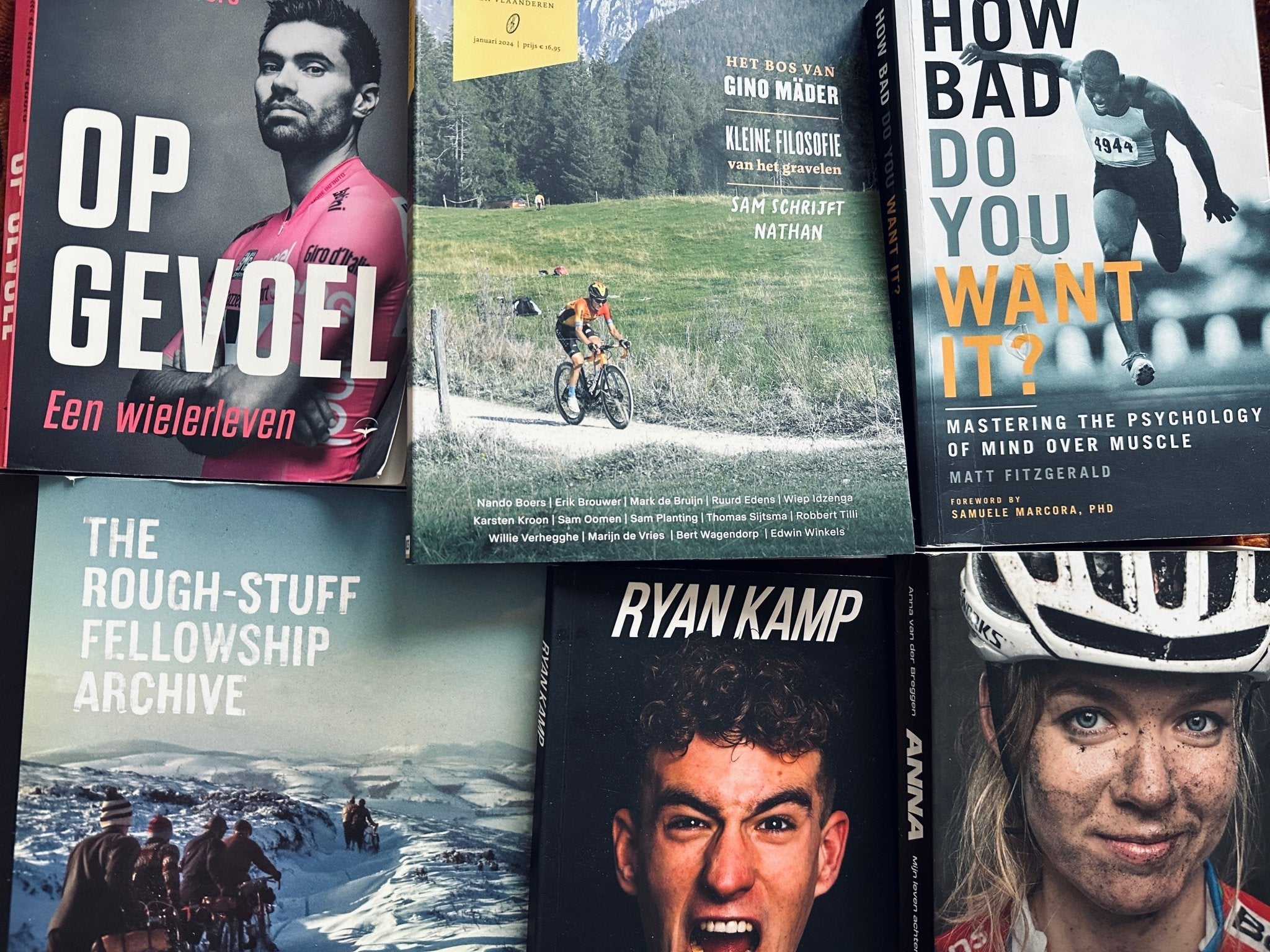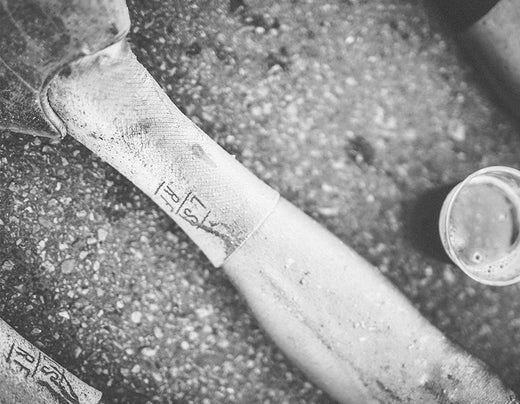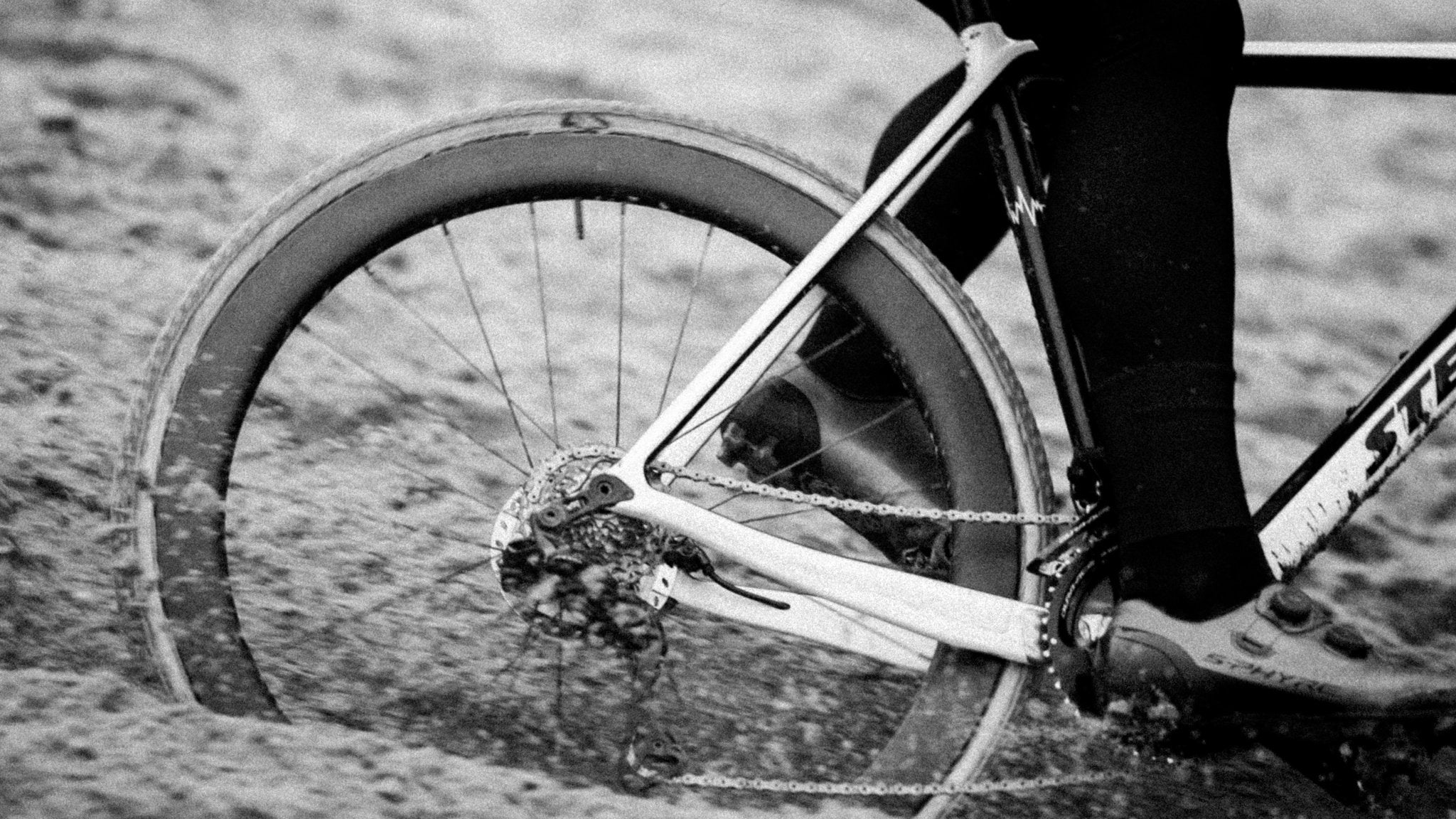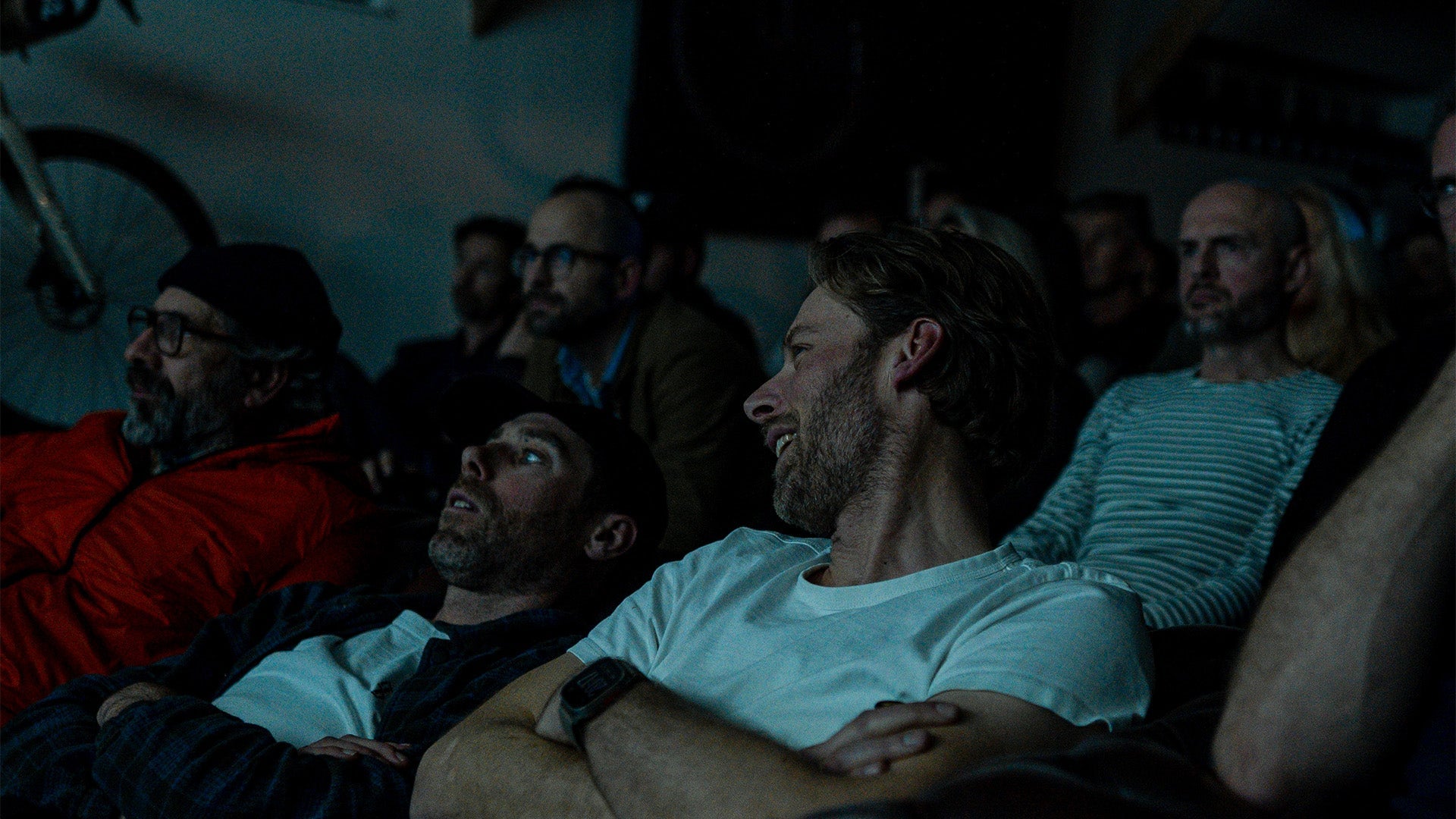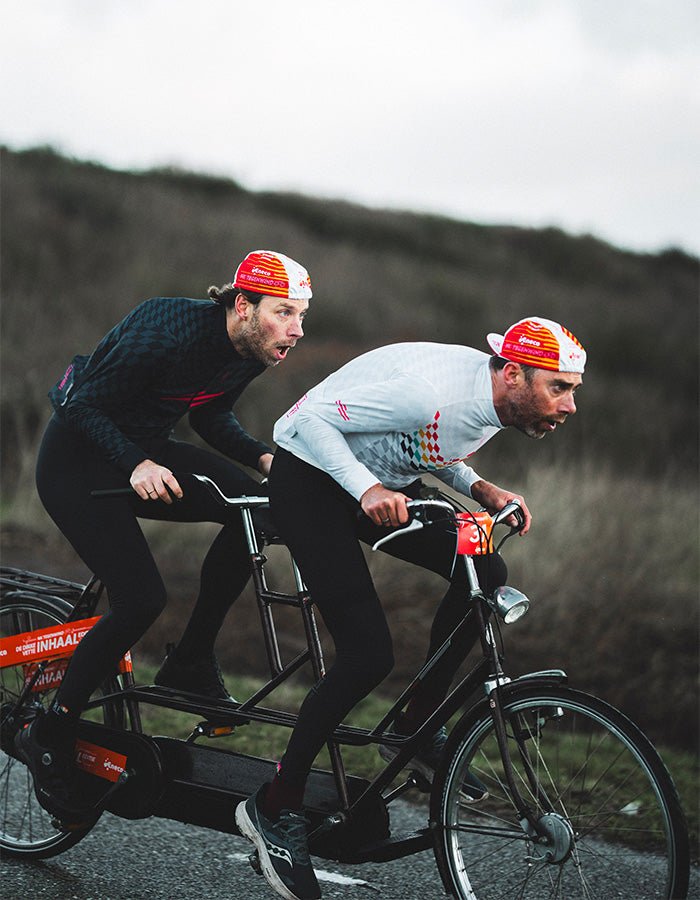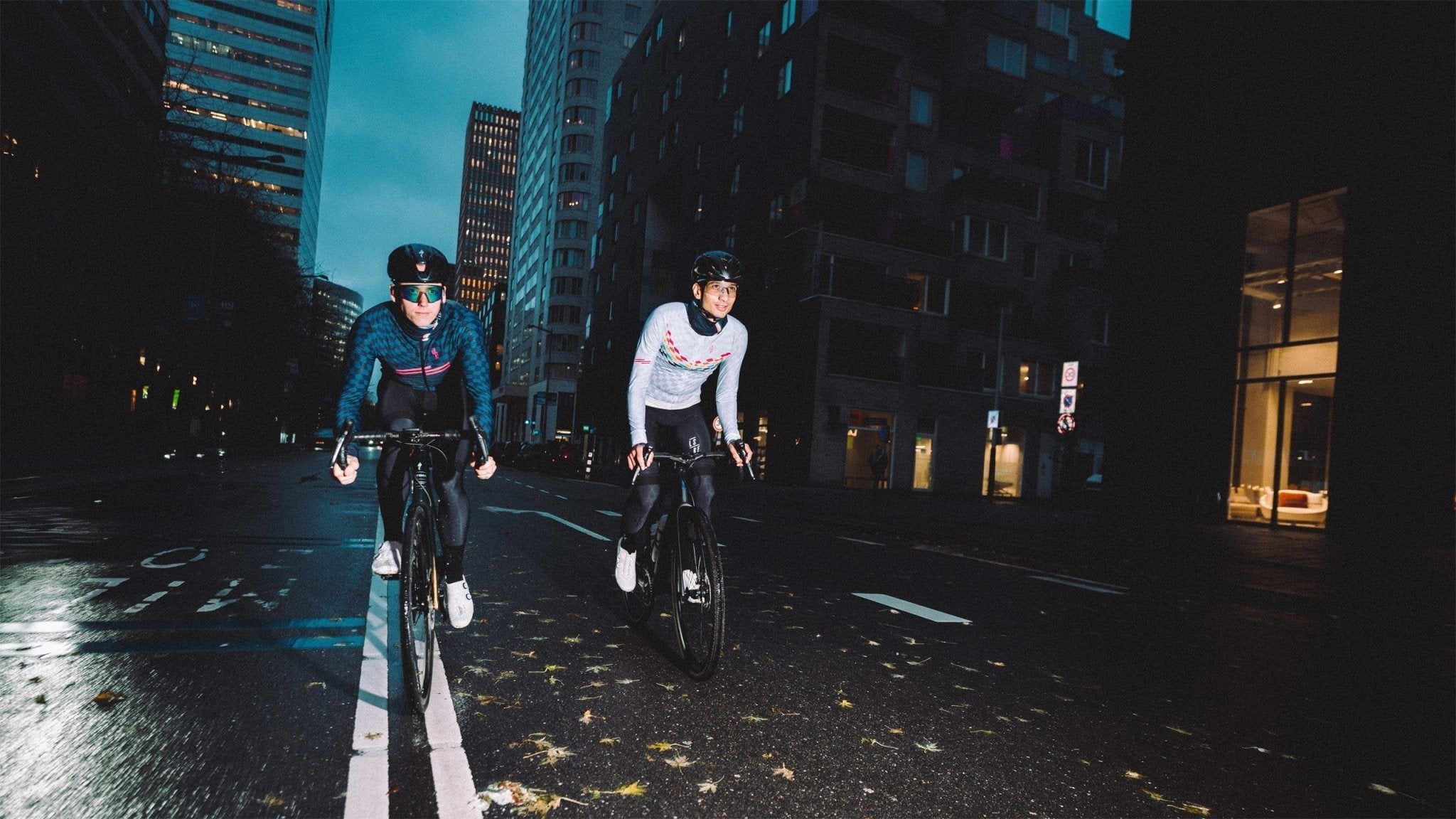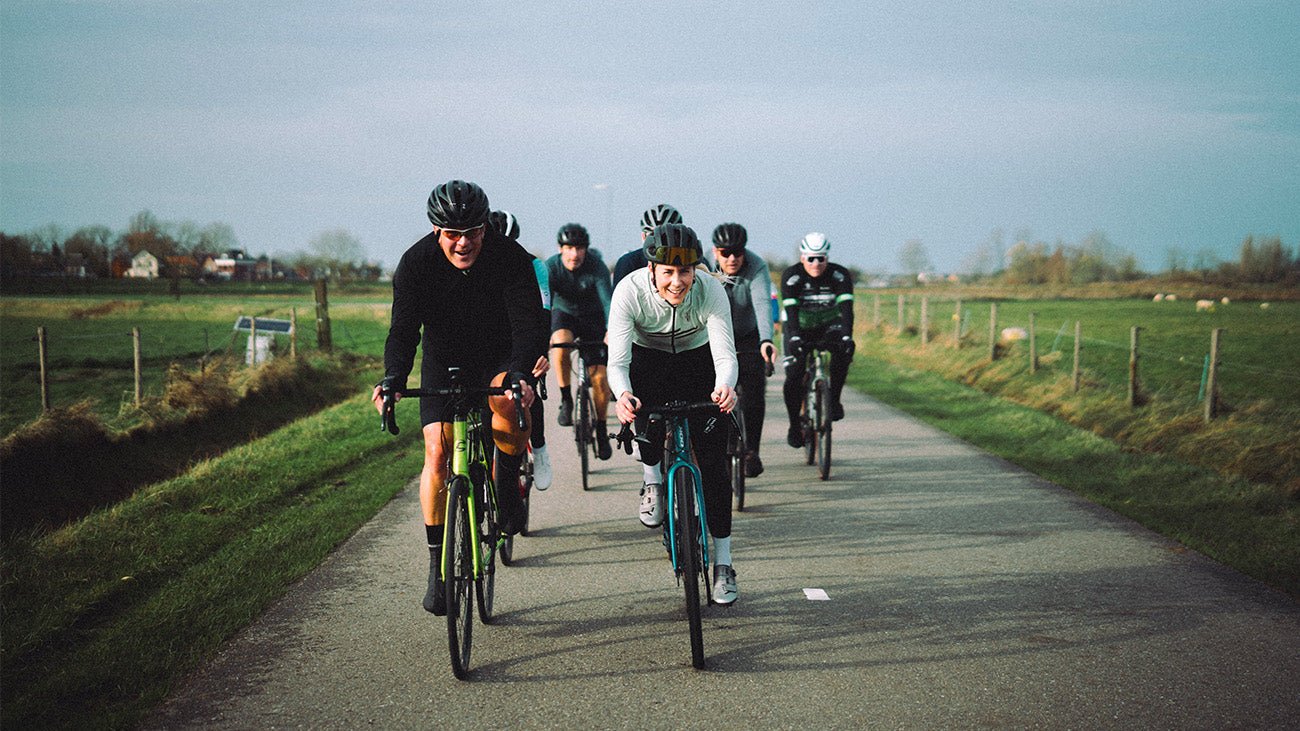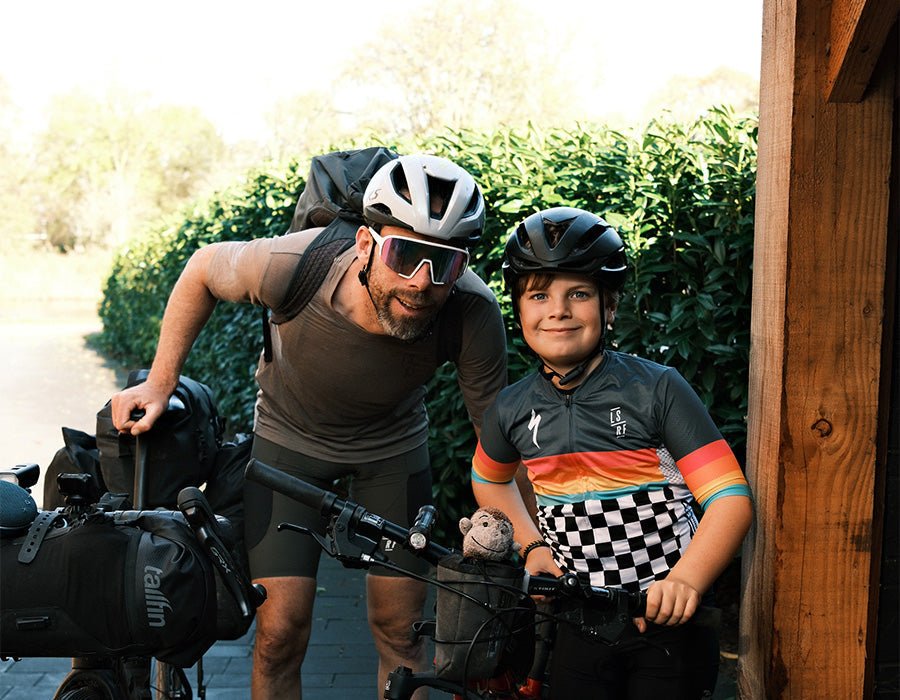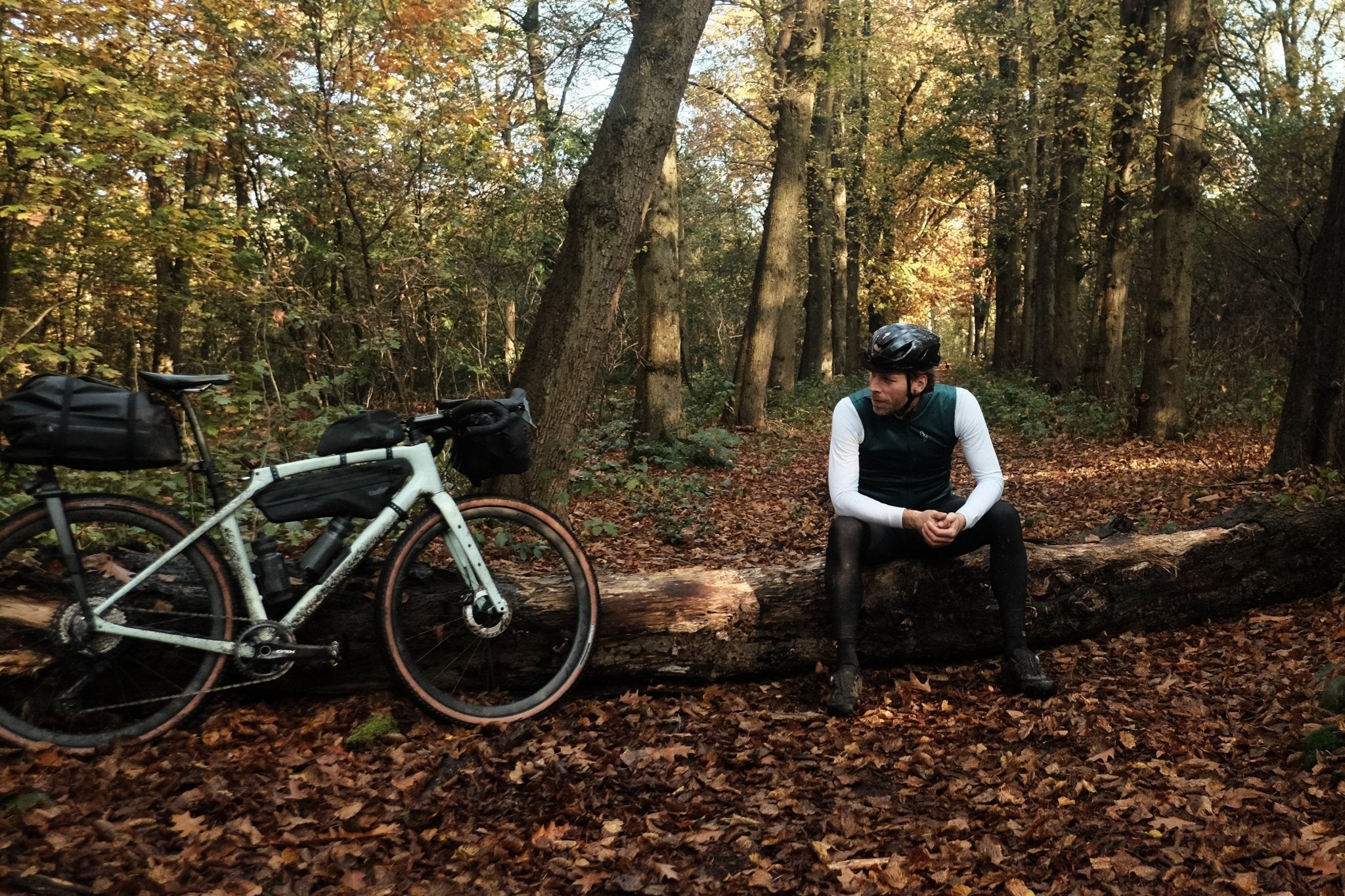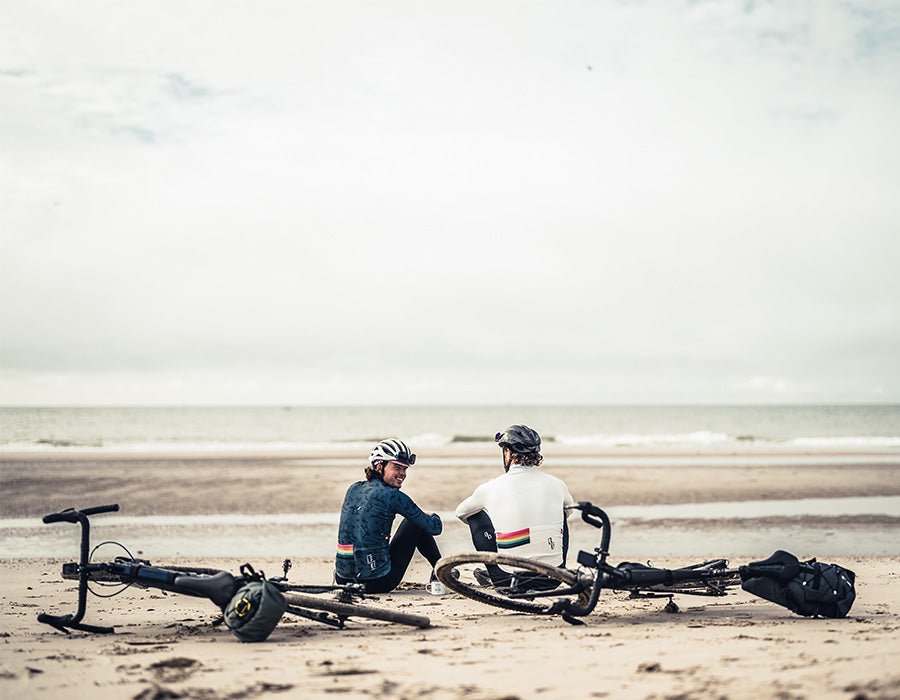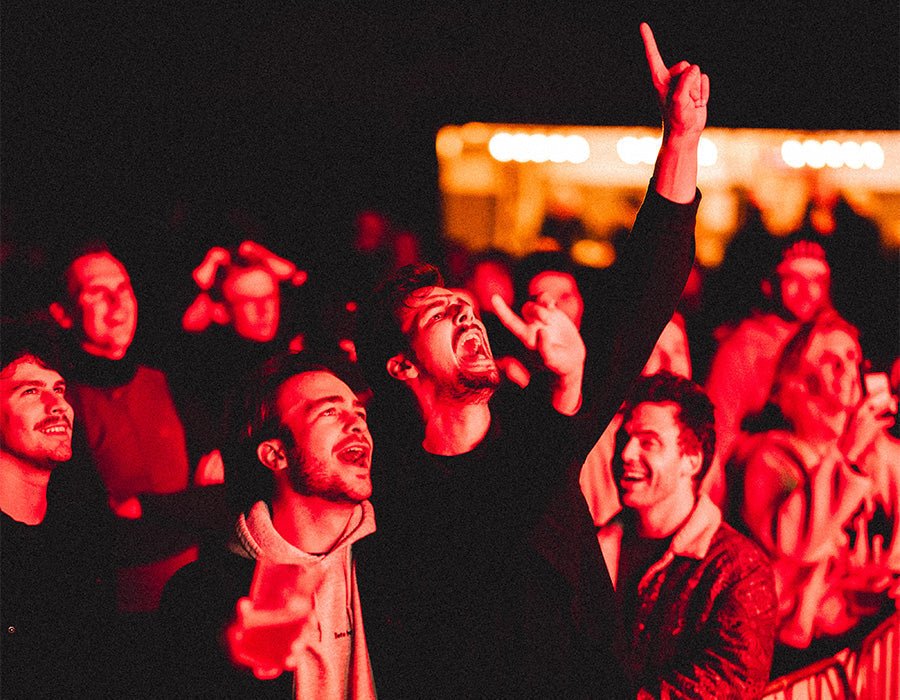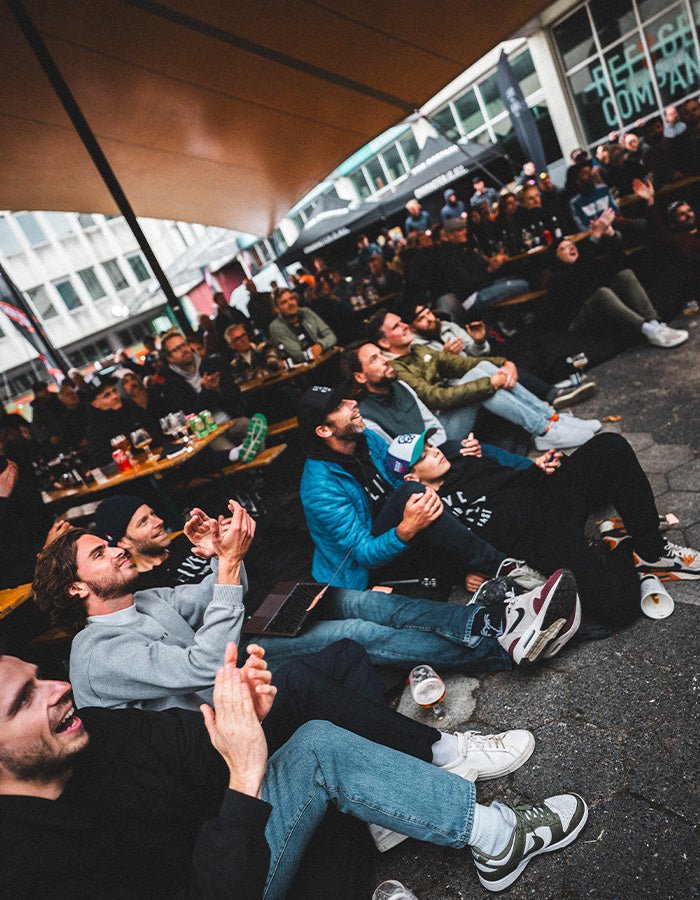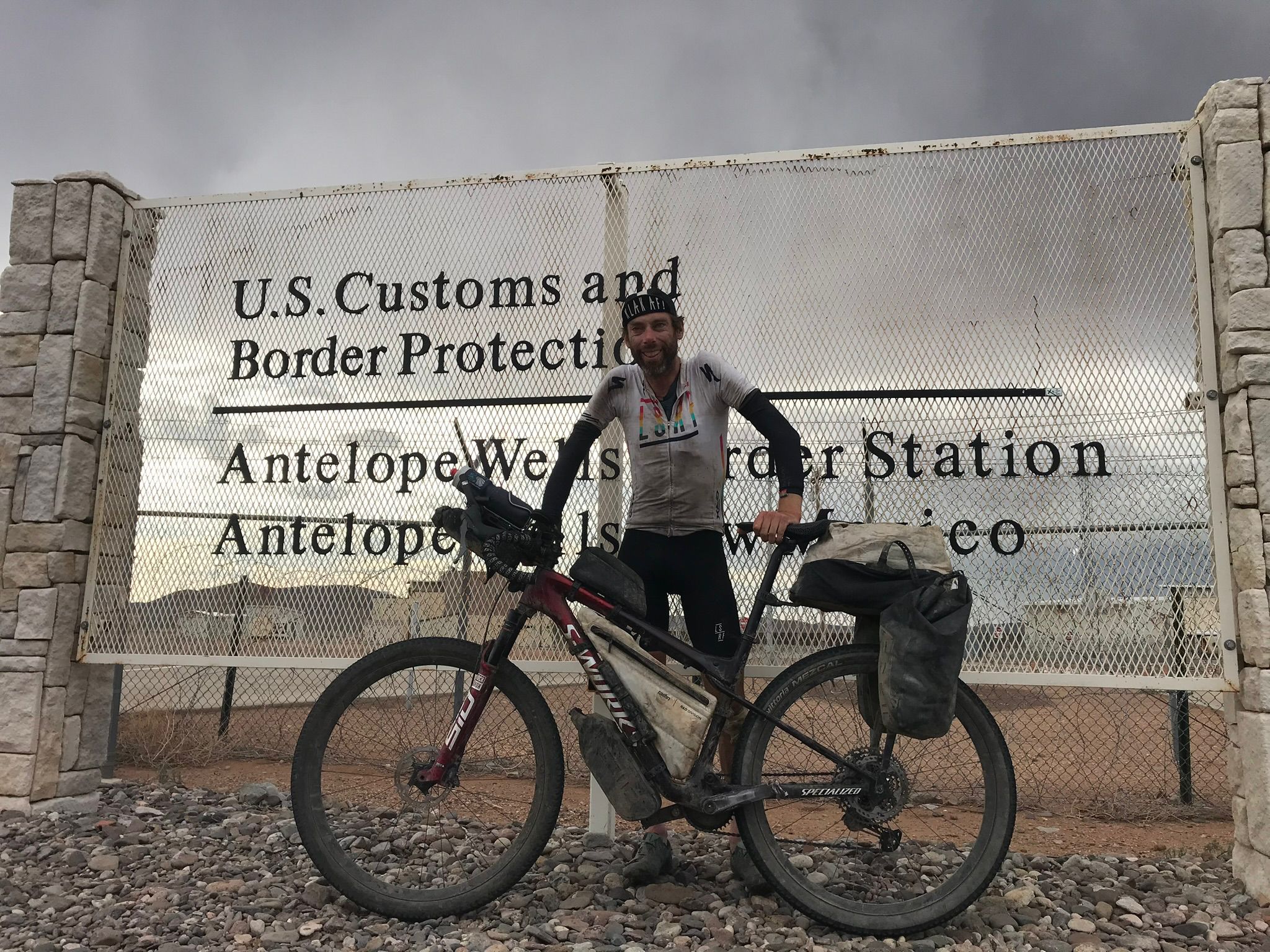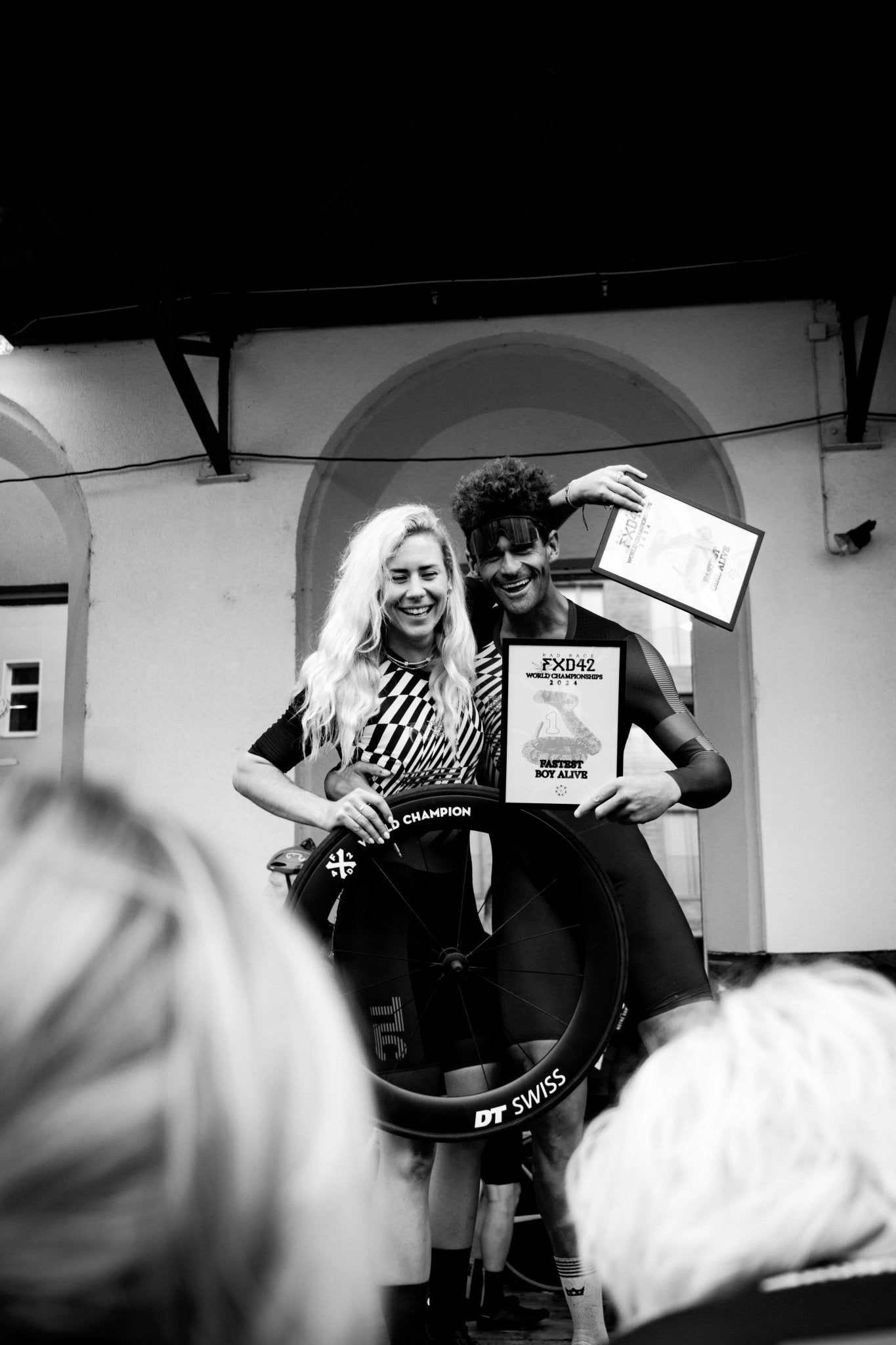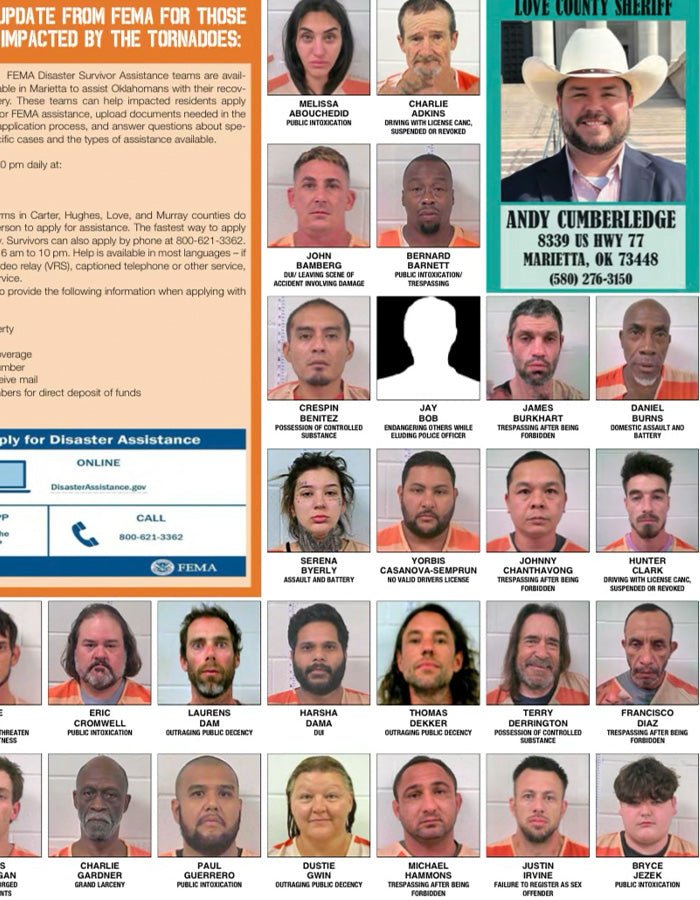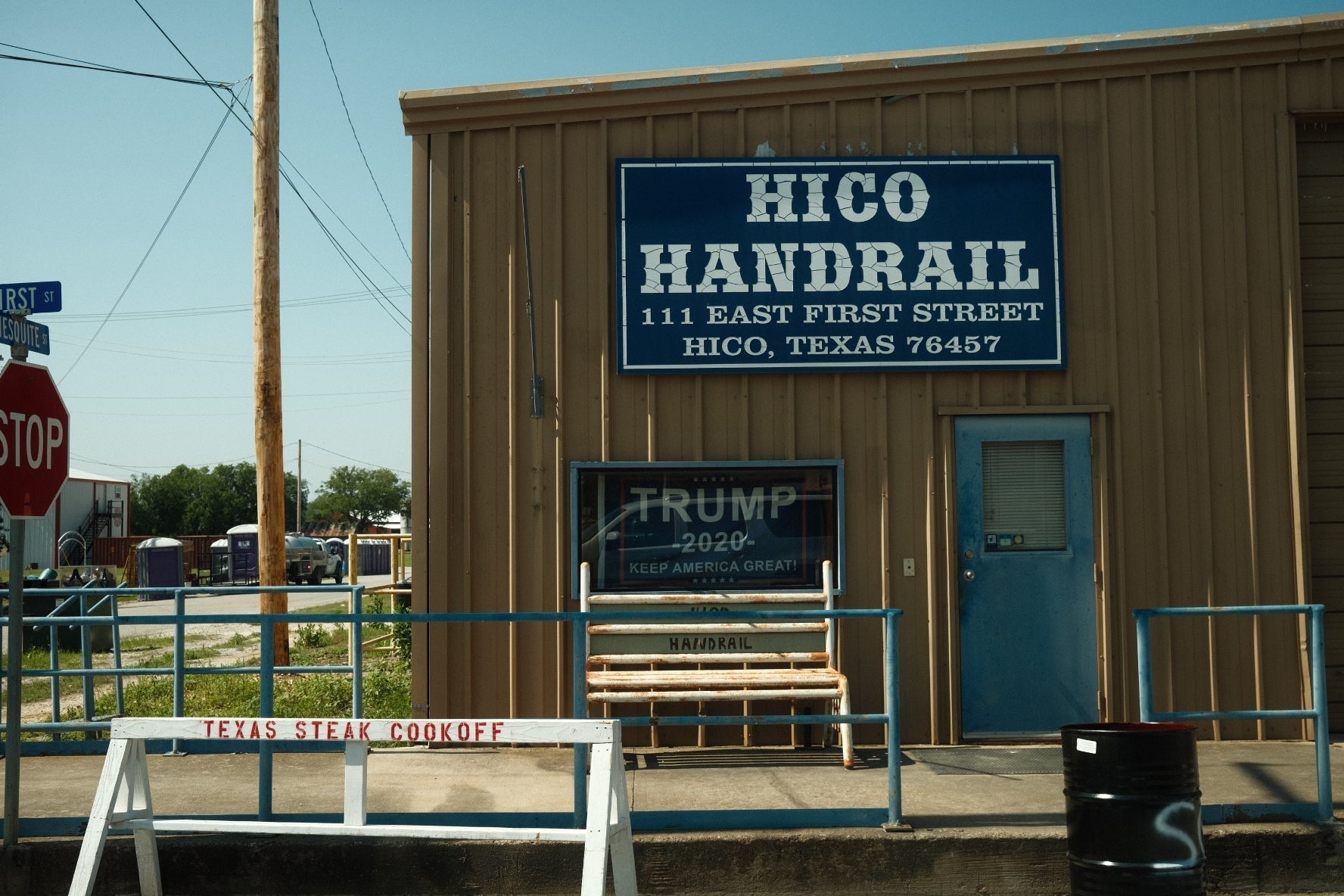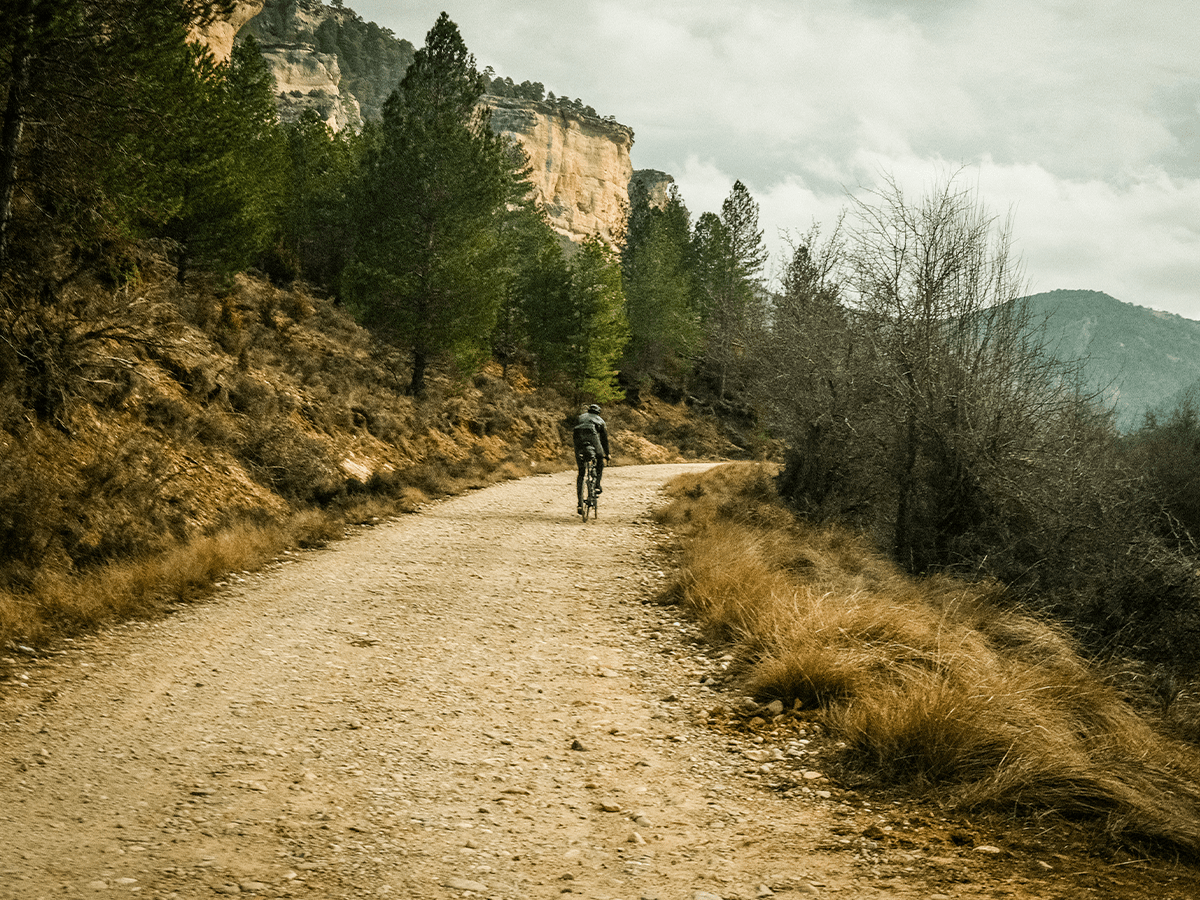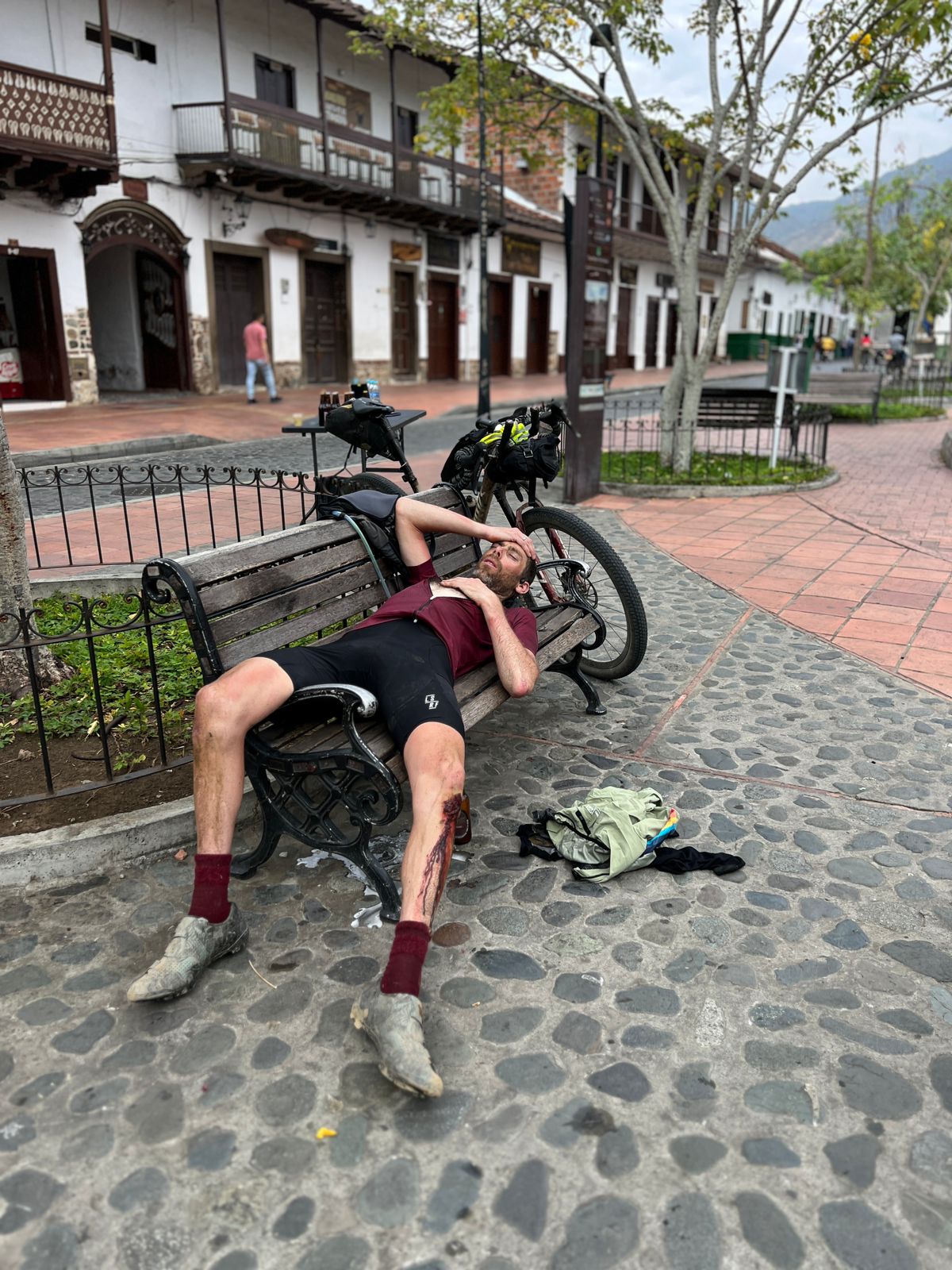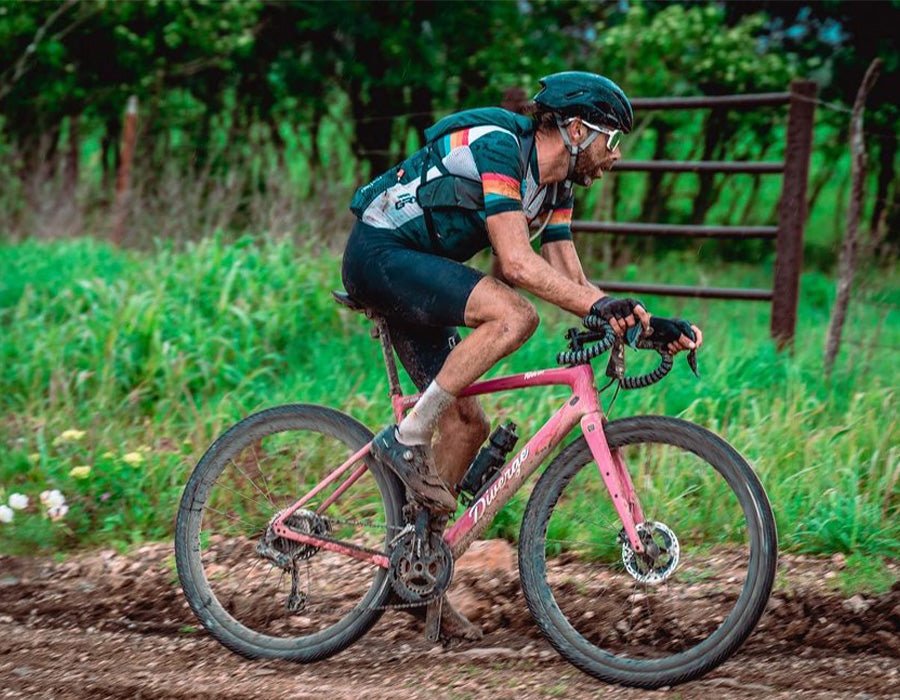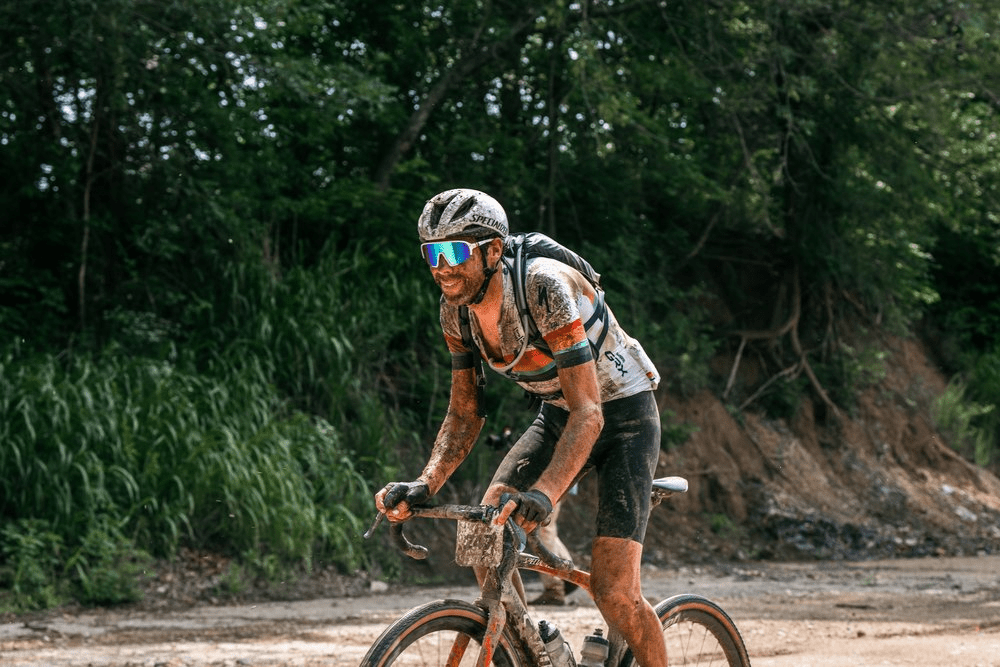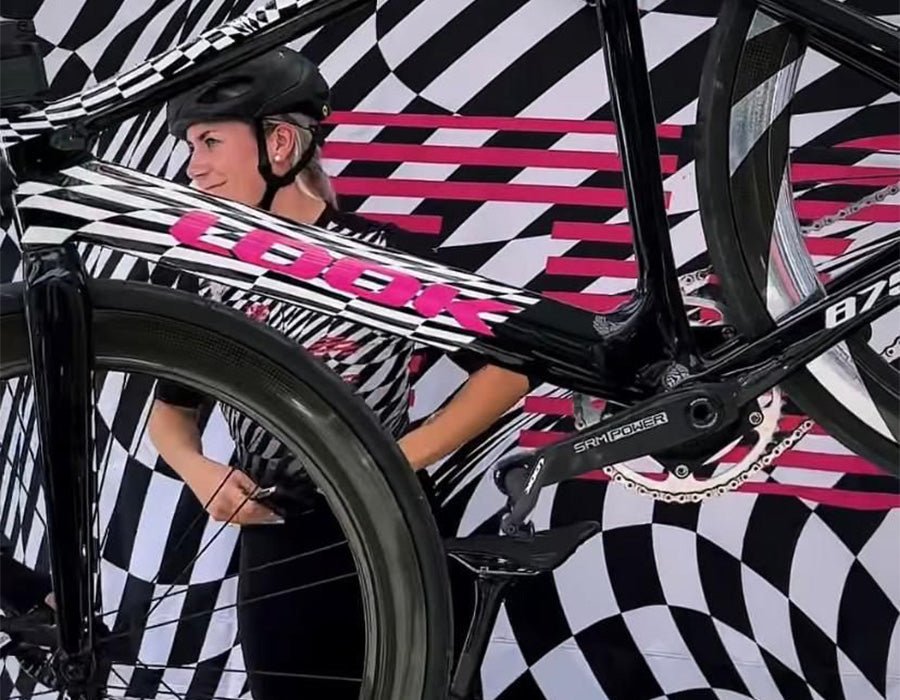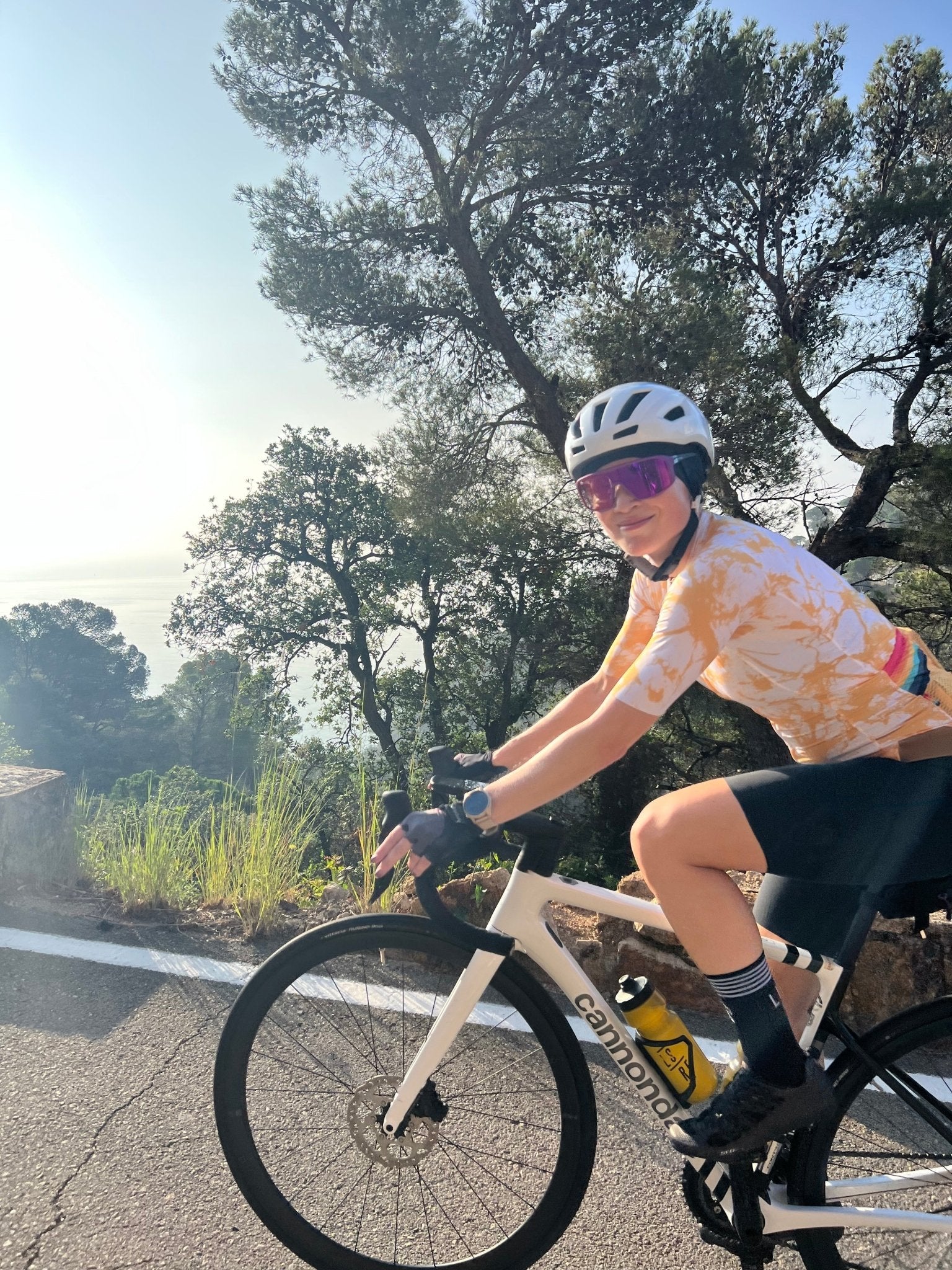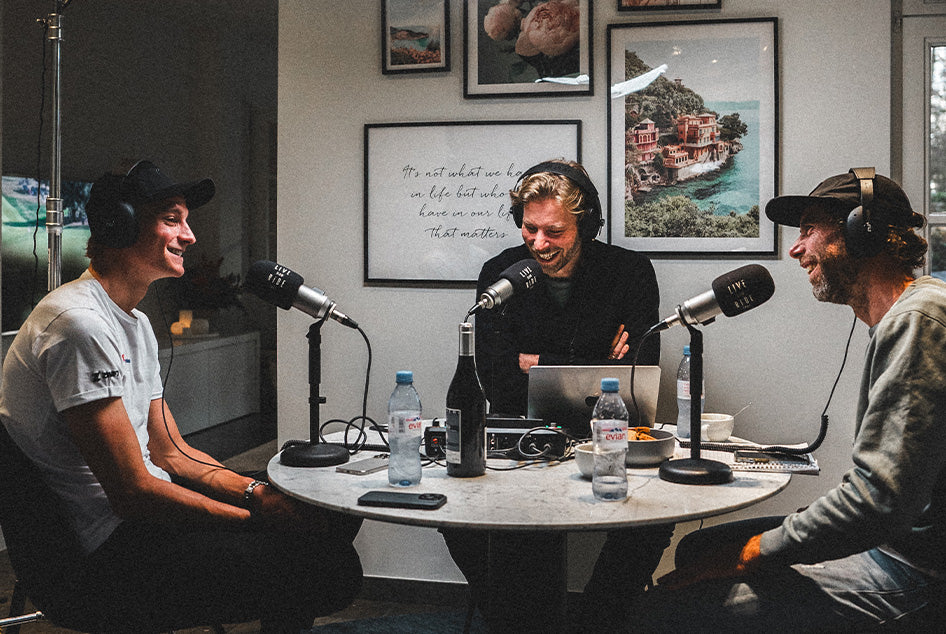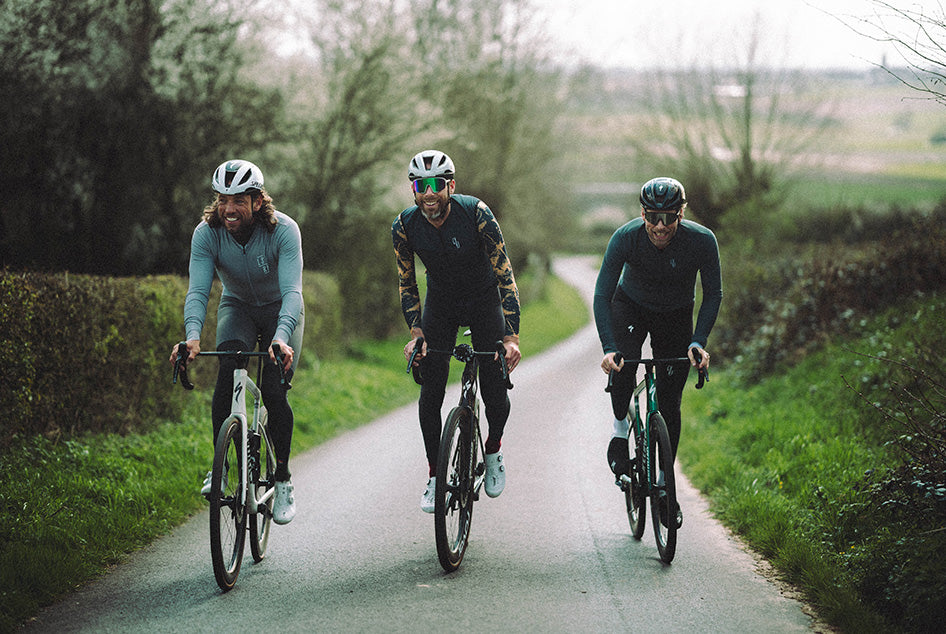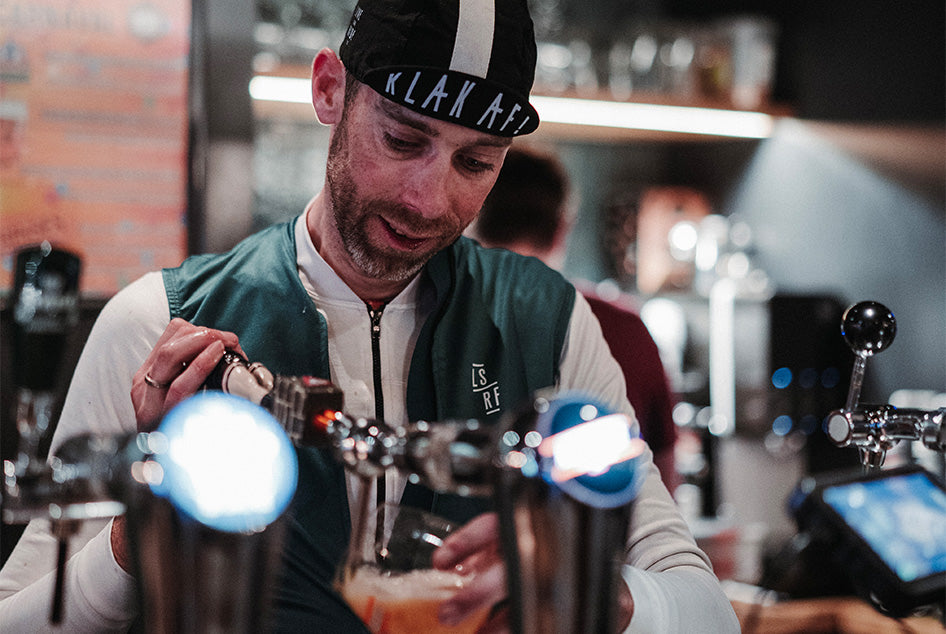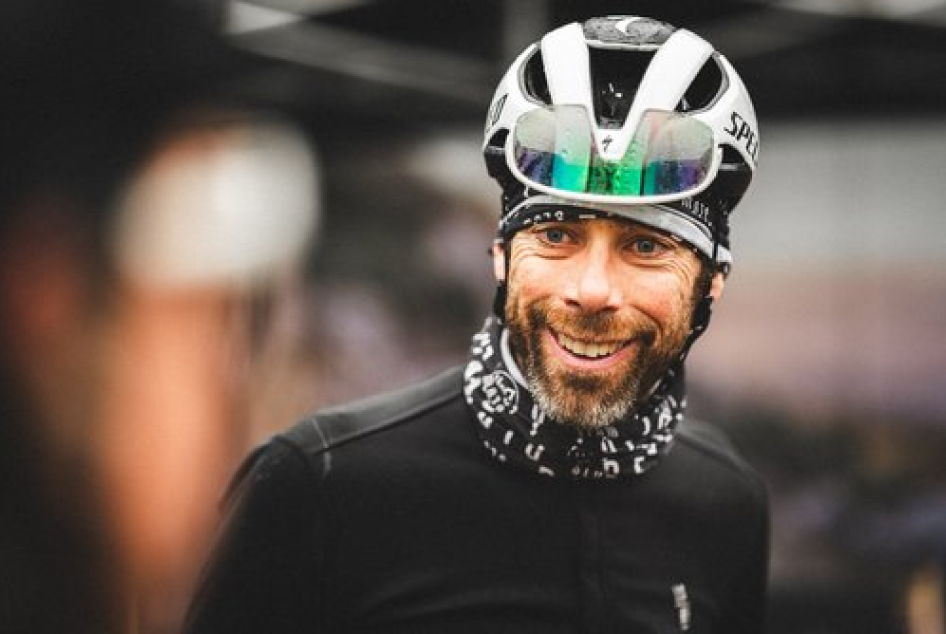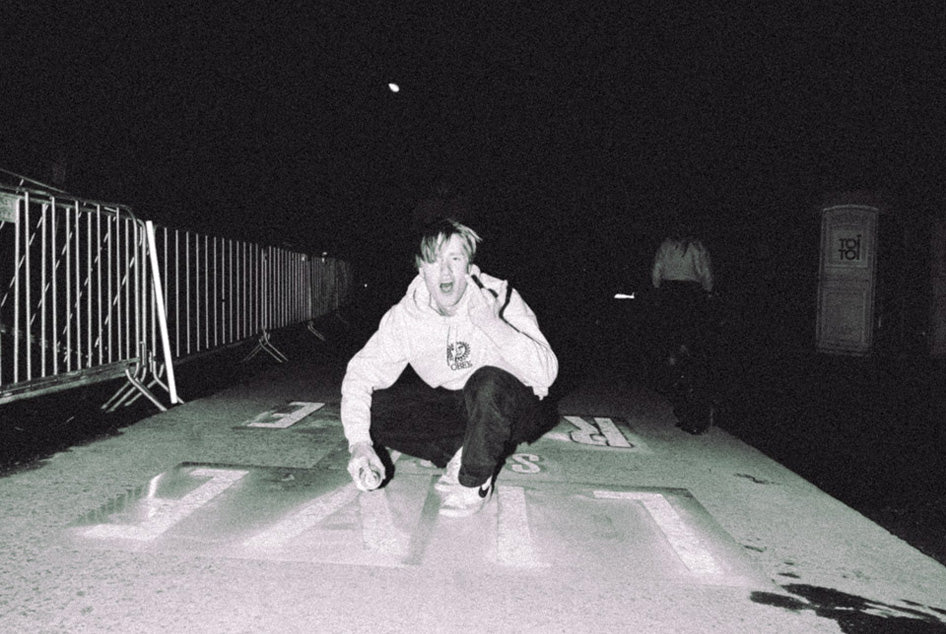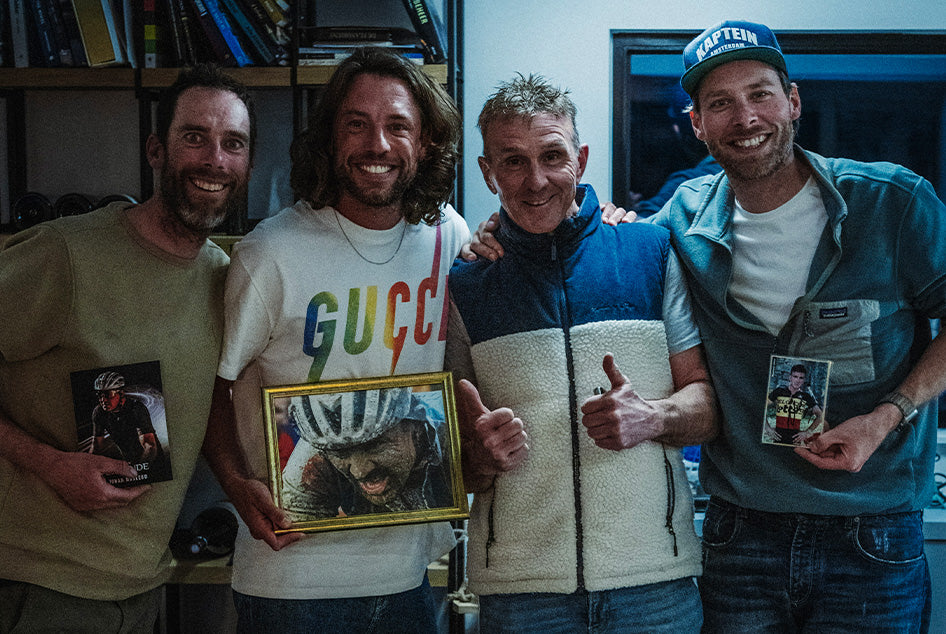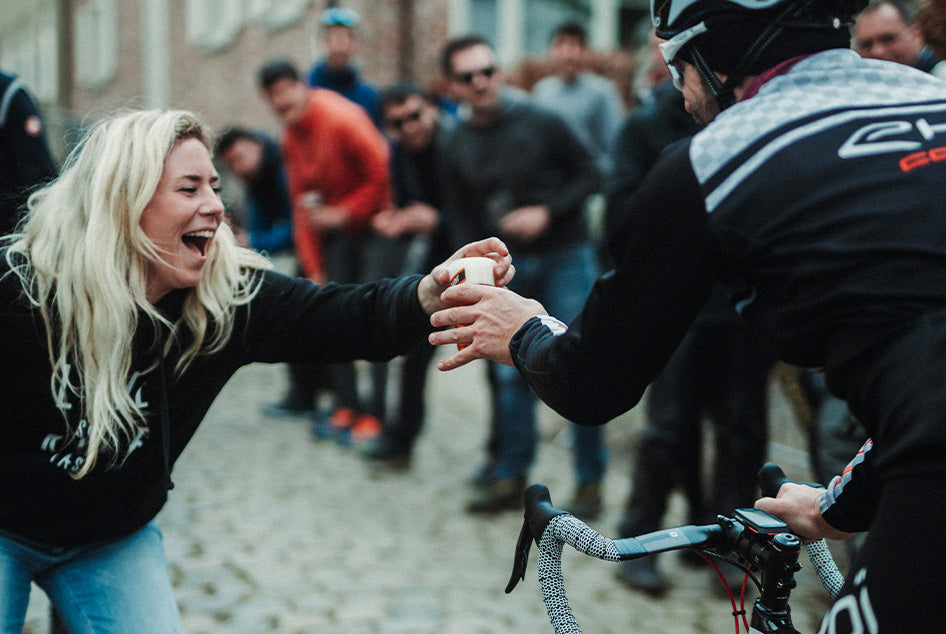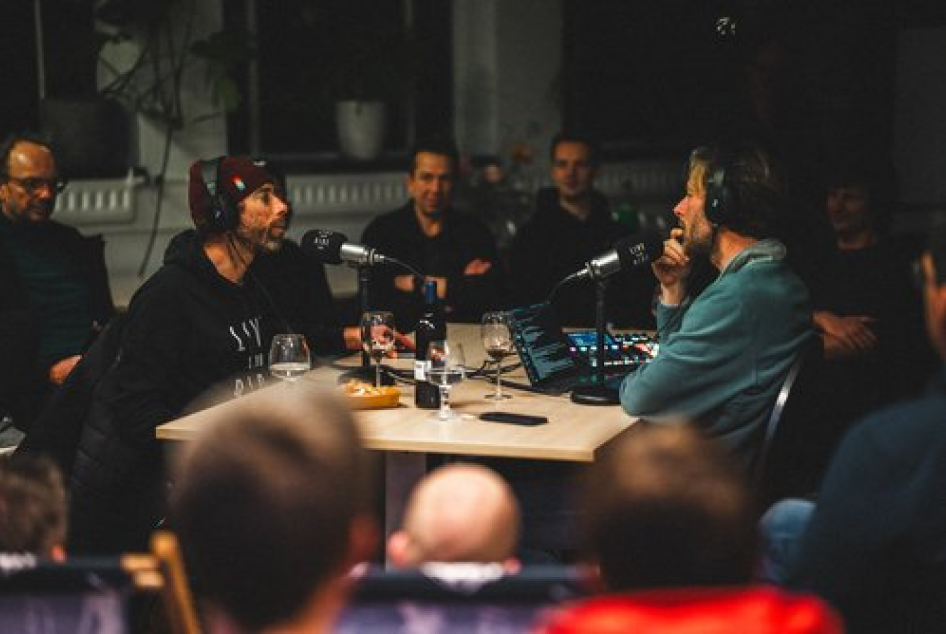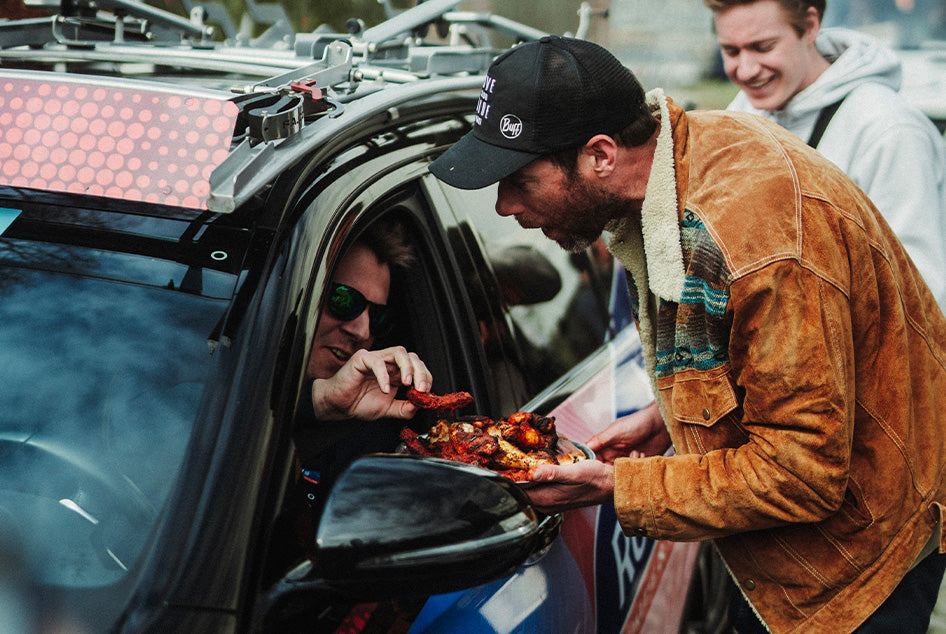Winter miles are harder than summer miles. The cold can creep up on you or even prevent you from leaving the house in the first place. Stefan and Laurens can call themselves experts and give you ten tips for cold weather biking.
It's a question I get a lot these days: what are your plans for this year? Are you going to do an ultra and if so, which one(s)? The year 2025 has ended and I have set a couple of clear challenges for myself, and therefore, my team. Time to let you all in on my personal goals for this year.
Race Around the Netherlands is a bike race covering more than 1900 kilometers, but this movie isn't about distance or time. It's about watching. Watching how the Netherlands – this country we think we know – changes when it slowly rolls under your wheels, hour after hour, day after day.
The LSRF BOMBA Tour chose north this season and landed in Dokkum on November 16th. After a week of cold rain showers and stormy weather, the skies cleared and a bright sun decided to show up. A perfect crispy day for a nice, social ride with about 100 enthusiast participants.
Winter is coming and we are ready. This season can surprise us with mild temperatures throughout the season, but can also take a left and drop a cold bomb on us. Flexibility is key and that's why we have designed two types of winter long sleeved jerseys.
Ride out with us in Dokkum on Nov 16 to celebrate the new LSRF F/W collection. Join the social ride with local moonshine and enjoy a live podcast afterwards.
Come find us at the Gravel Worlds this weekend, October 11 and 12 in Maastricht, the Netherlands. Look out for the Shimano booth to find the LSRF corner and get an exclusive discount code.
Wouter Leys, LSRF ambassador, had heard Laurens talk about the ultra gravel race Further on the Live Slow Ride Fast podcast. His words lit a spark in him: 'Further'. Could it be his first ultra? He signed up without much hesitation, thinking: how hard could it really be? Well...
VILLA TOUR 2025: Three weeks of daily podcasts with the latest news, predictions, analysis and inside info on the Tour de France and its participants. Allons-y!
Big classics and grand tours rush by. No time to linger. Twelve years in the pro peloton, always moving. But Laurens kept a list—a little black notebook - a quiet promise to return. Now, that time has come. Episode 2 - Passo dello Stelvio.
New for summer 2025: updated fits of the well loved LSRF Training and Adventure jerseys. Let's dive in the technicalities and improvements, so you can make the right choice for a long summer of endless rides.
Big classics and grand tours rush by. No time to linger. Twelve years in the pro peloton, always moving. But Laurens kept a list—a little black notebook - a quiet promise to return. Now, that time has come.
We took our best selling bib shorts and gave them the update they deserved. Together with the advice from our customers, professional and amateur, we reinvented the bib shorts. Check out what's new for the LSRF bib shorts summer collection - race and cargo.
In the summer of 2024, Colombian ultra cyclist and LSRF ambassador Julian Manrique rode the tenth edition of the TCR, known to be one of the toughest ultra cycling races of the world. His race started in Roubaix, France covering a slamming 4213 kilometers to finish in Istanbul, Turkey.
The wait is over - time to get your hands on the latest LSRF styles. This spring and summer, we invite you to take the long road. Gravel or road, with our new and improved jerseys and bib shorts, there are no limits.
Just a little heads up for all the fun things that are coming our and your way this April 2025. Exciting projects, collection drops, and all the other cycling related content you can expect from Live Slow Ride Fast.
What happens when you combine the desire to proof yourself every now and then with the little spare time you have left for friends? You race together. And no matter the outcome, it will be fun.
Ride out with us in Ieper, Belgium on March 29 to celebrate spring.
Join the social ride on gravel or road, enjoy the local moonshine, get together with likeminded people and enjoy a live podcast. This is the BOMBA TOUR!
Rediscover your own backyard, build your own route and push as much gravel as you want. We continue to make this the biggest gravel cycling event in the world. And the best thing: it starts at your doorstep. REBOUND is likely to be your next cycling goal and this is why.
The Race around Rwanda is a test to the body, the mind and the bike. One minute you are flying, the next you’re on the ground, wether it is from a sudden crash or because you have to fix a puncture. Will Stefan and Thomas make it to the finish? And what is up with Laurens?
Team LSRF rides the Race around Rwanda, an ultra endurance bike-packing race on red African gravel. Will Laurens, Thomas and Stefan succeed? With a distance of 1000 kilometers, anything can happen. And it did.
Cycling is a sport that demands a consistent level of bike maintenance. But there’s bike cleaning and there’s BIKE CLEANING. What are the things that need to be done? And are you Stefan Bolt, Laurens ten Dam or Niki Terpstra?
The velodrome of Alkmaar is on the verge of falling and as a last resort, former pro-cyclists Honig, Terpstra and ten Dam are trying to save it by recreating the good old days of training and racing. Will they succeed in keeping the velodrome?
Wintertime is de perfect time to slow down a bit. The days are still short, the temperatures still uninviting and all the festivities of December are long past us.Here are six cycling books the LSRF team is currently reading, in Dutch and English.
New year, same motto. It is time to announce the 2025 program for racing, riding and recording for the Live Slow Ride Fast team.
When you see the cross cyclists flying through the fields these days, you would think it is all based on pure talent. But also talent needs to be trained.
What better way to enjoy these last few days of 2024, than by watching a few LSRF cycling documentaries? So we have made a selection of our favorite productions so far.
The rain check edition of 2024 was a great succes. The perfect weather - a nice steady strong wind blowing and no rain- made this year's cycling event just fun to attend.
This year, LSRF cycling clothing is stepping up the jersey game for real. Following up on the choice of new fabrics in spring, the new line for fall and winter includes two new styles of long sleeved jerseys.
The launch of a new cycling collection can be celebrated in many ways. But what better way to do it than by hosting a social ride? We found new cycling grounds in Zwolle and filled up our Bomba's.
Laurens ten Dam now has five years of experience with his kids doing bike-pack trips. He can safely say he did the best trip he has ever done late October 2024. He used his lessons from those earlier trips in order to make this trip one to remember.
A wise man once told me: ”A plan is not the goal itself - but without a plan, it's not going to work out anyway.”
Infinite horizons, roaring waves, the wind playing with the sand and the sea foam. If you are up in the north and you are lucky, you can spot seals too. Taking your bike to the Dutch beach can be a great experience.
Let’s say you are asked to be the national coach of the Dutch gravel cycling selection and you have all this experience in the world of gravel cycling. What do you do? You make sure the party is as big as the event itself.
Laurens ten Dam has spent most of the month of June riding as fast as he can from Banff National Park, Canada to Antilope Wells, New Mexico, USA. It took him 15 days and 6 minutes and finished third. Six months later, he is ready to reflect properly on this event.
On August 4 2024, the Unofficial RAD RACE Fixed Gear World Championship 2024 was held in Berlin, Germany. Eamon Lucas (USA) and Michelle de Graaf (NL) won the titles of Fastest Boy and Girl Alive and tell us what's so fun about fixed gear cycling.
Sometimes, the stories that happen before a big event, are more interesting than the race itself. Laurens and Thomas will always remember this trip of what happened in Oklahoma, two weeks prior to UNBOUND.
Riding Gravel Locos is one of those things the team is looking forward to every year. It is just a vibe. For us, Dutch cowboys, it feels like a complete western film set, but it is very much real and we are loving every minute.
Why is it, we call a bike ride from A to B an adventure, and a bike ride from A back to A, well, a bike ride? The best ideas are often the most simple ones. Especially in the beginning. It’s only when the execution of the idea starts, the troubles begin.
What is it about Colombia that makes you want to come back every year? Even when you know you are going to suffer even more? The immense Andes are beautiful but humbling. It is the race that demands it all, physically and mentally.
It has been fun riding Transcordilleras in Colombia and chasing each other on the tarmac of the Canary Islands, but let’s be honest. There is only one date in my agenda that has a red circle around it and that is UNBOUND.
On June 3rd 2023, Laurens rode UNBOUND GRAVEL, resulting in a 4th place overall. Ten hours of pushing yourself to the limit, summarized in ten sheets. If numbers are your thing, you will be thrilled
Michelle de Graaf works for LSRF.cc and in her spare time she rides bikes. Gravel bikes, road bikes and lest, but not least: fixies. On Saturday 23rd of September 2023, she won the fixed gear cycling crit SfiDARE in Yokohama, Japan.
Erika van Tielen is an actress and hostess from Belgium and passionate about cycling, running and traveling. Whenever she gets the opportunity to pack her bags, she’ll take it. Her latest discovery? Riding the (gravel!) cycling highlights of the northeastern coast of Spain.









